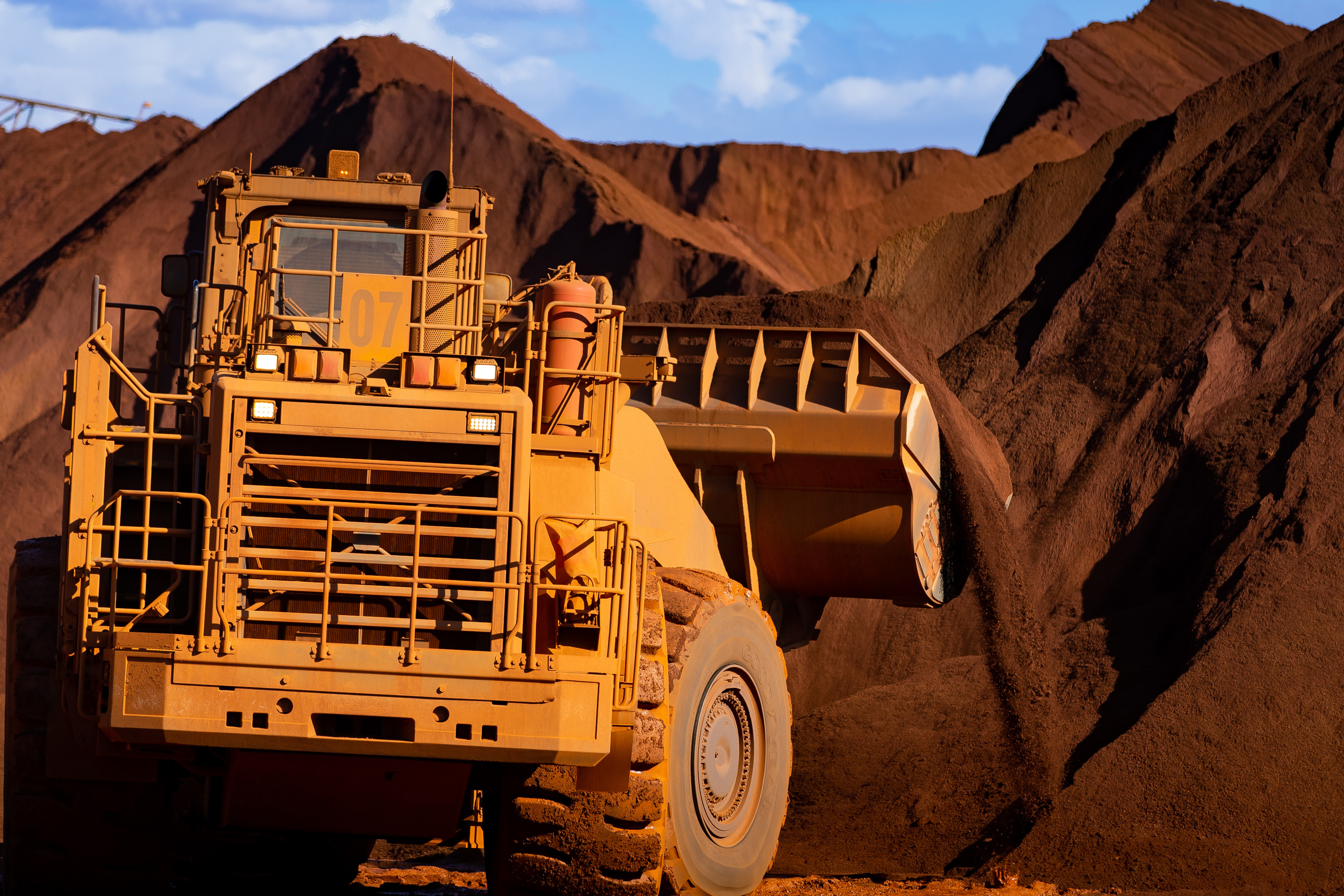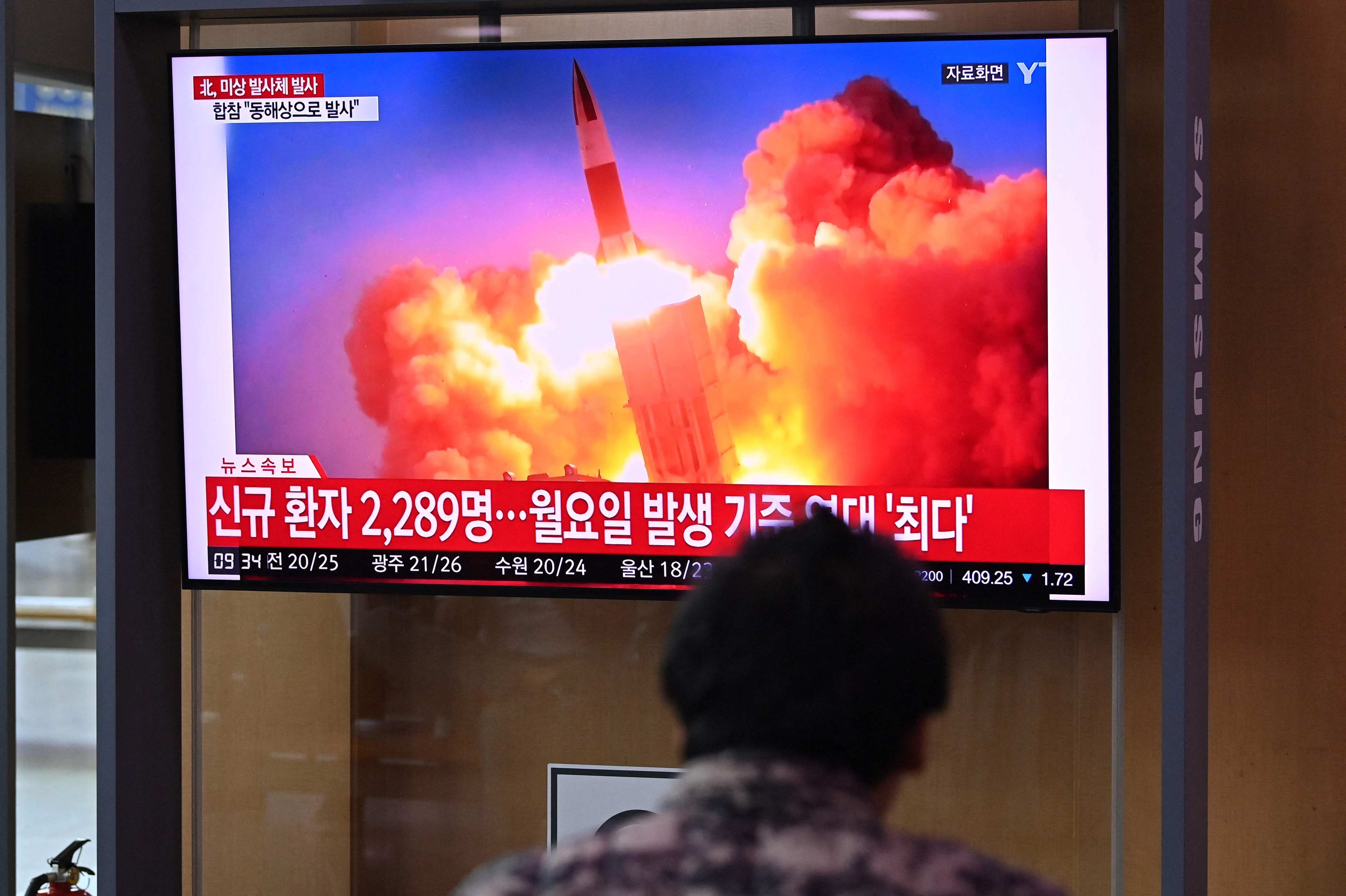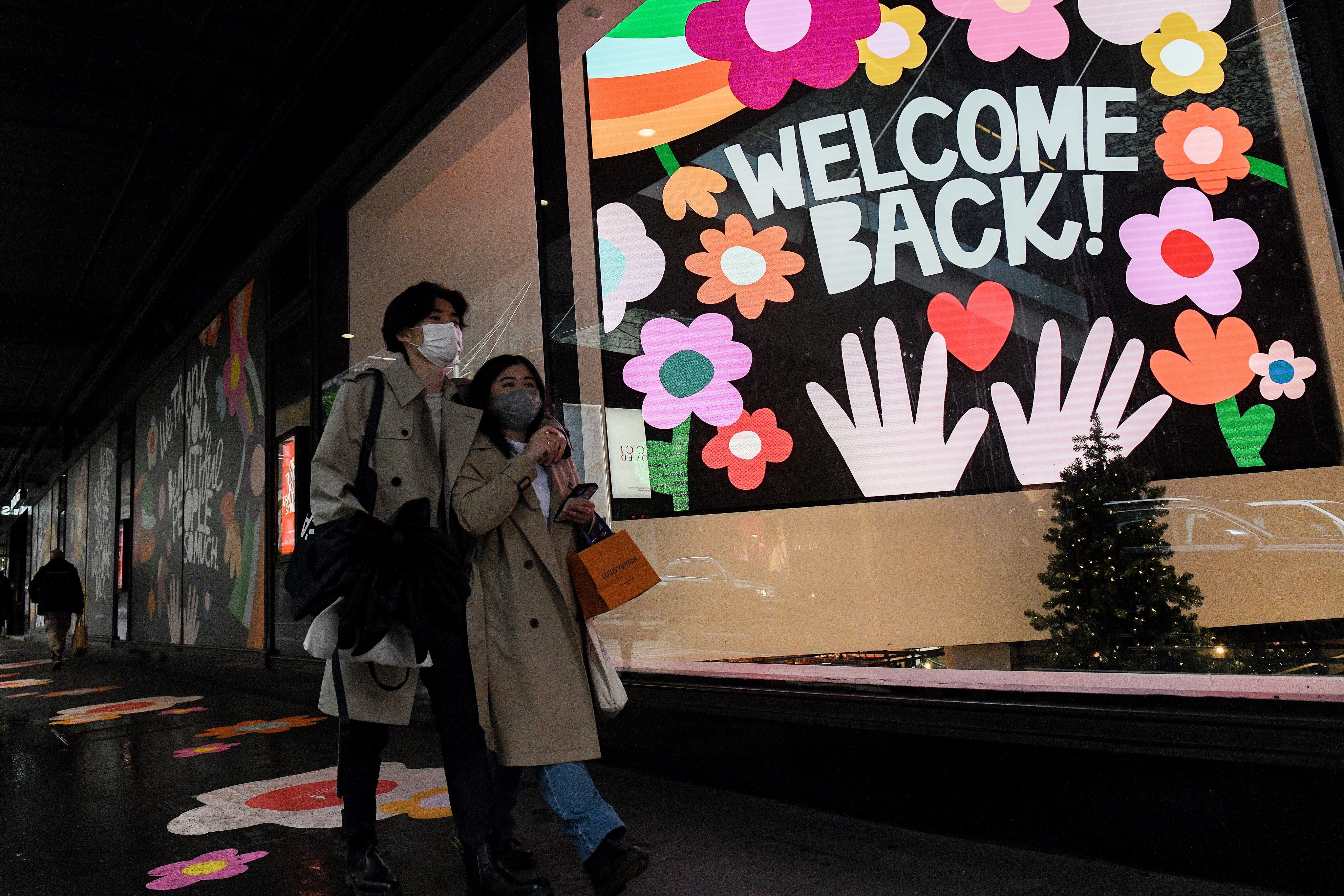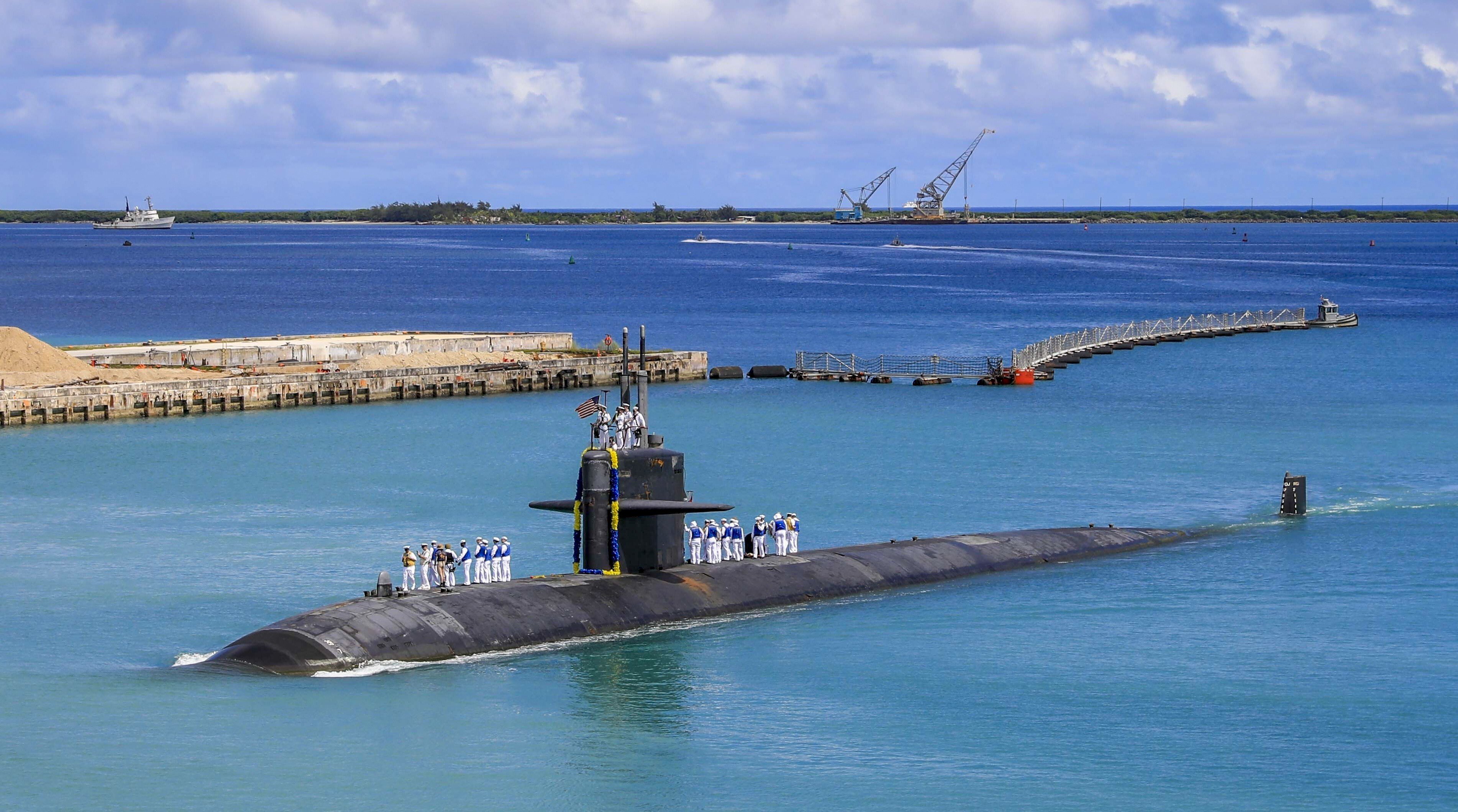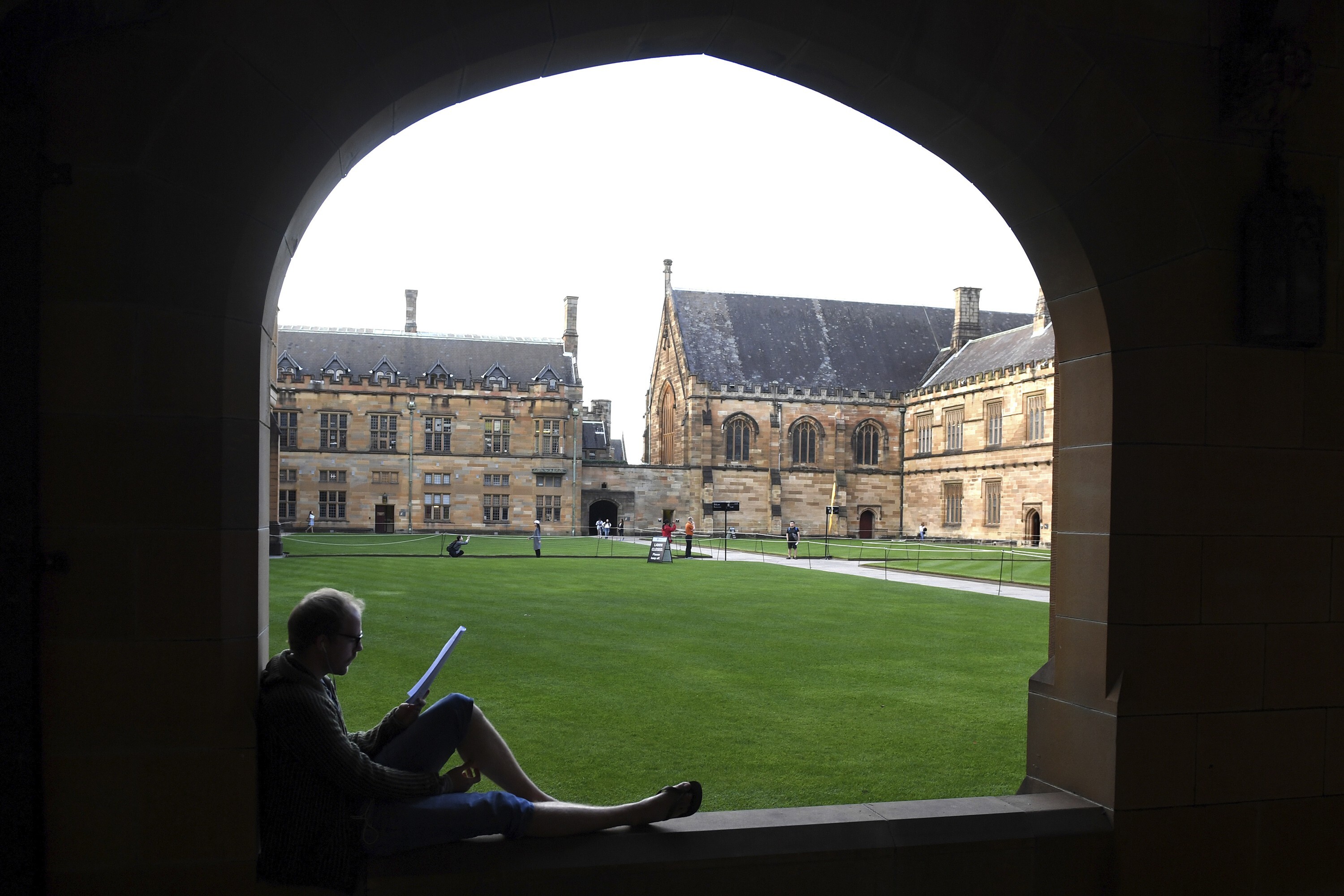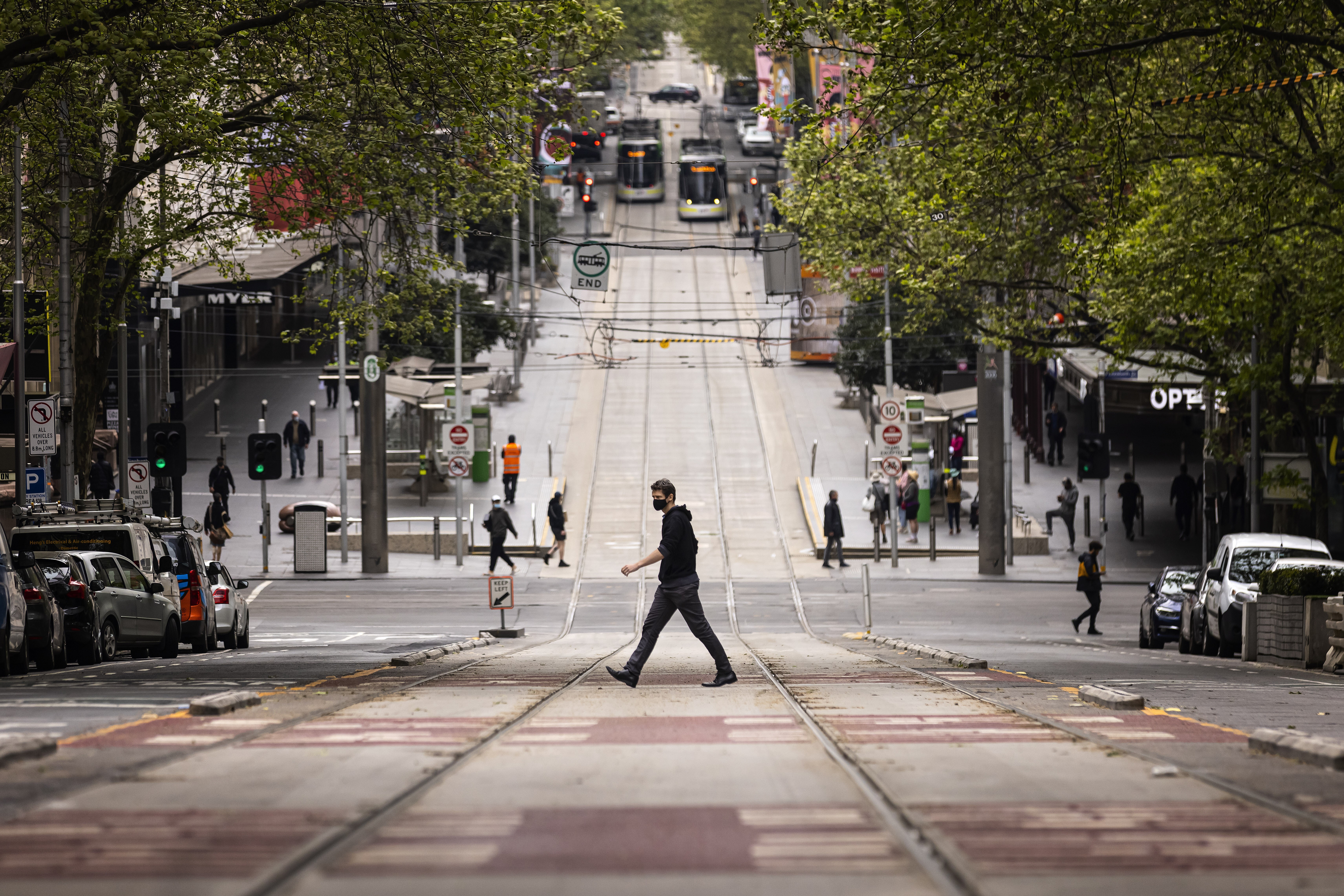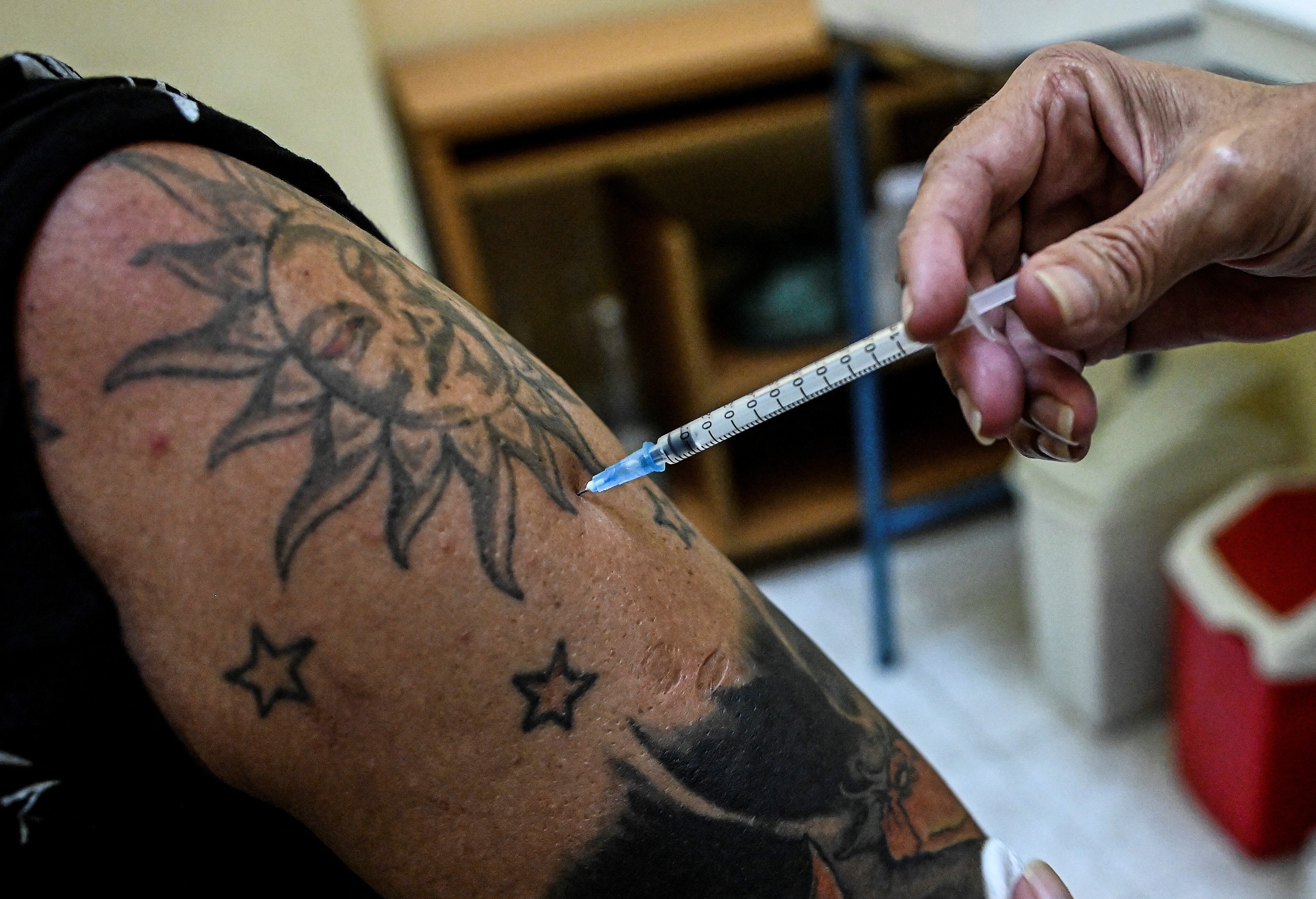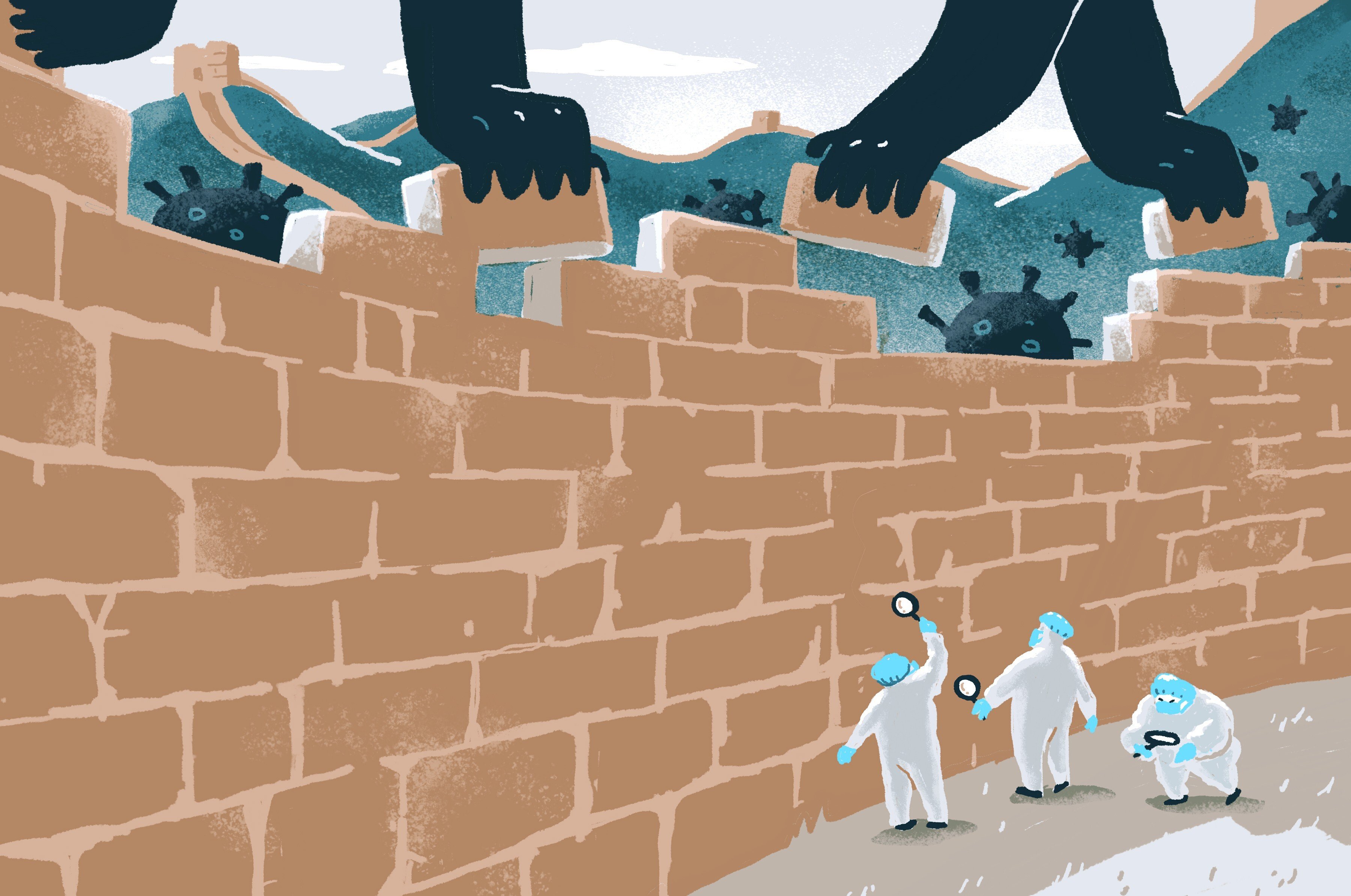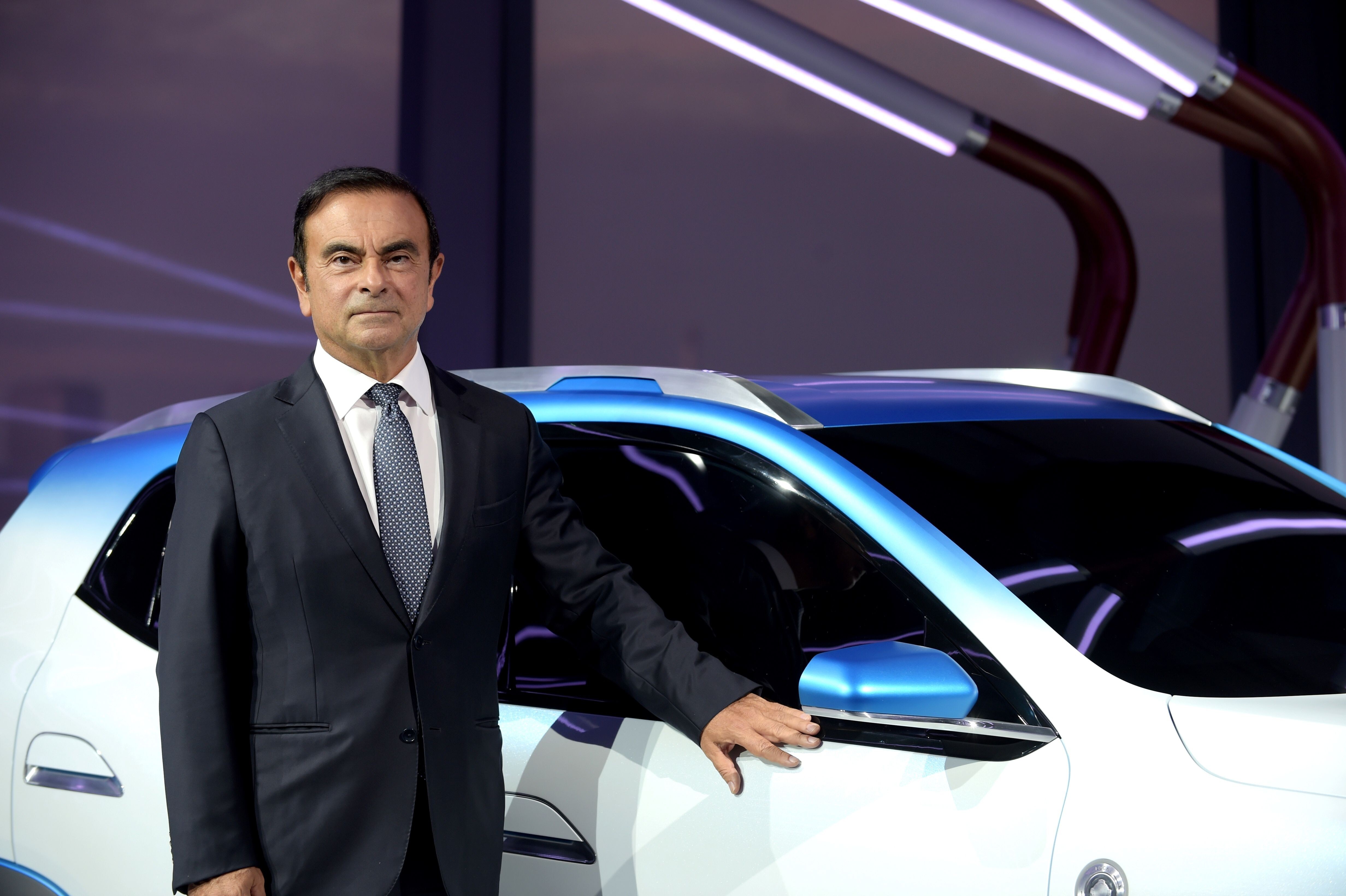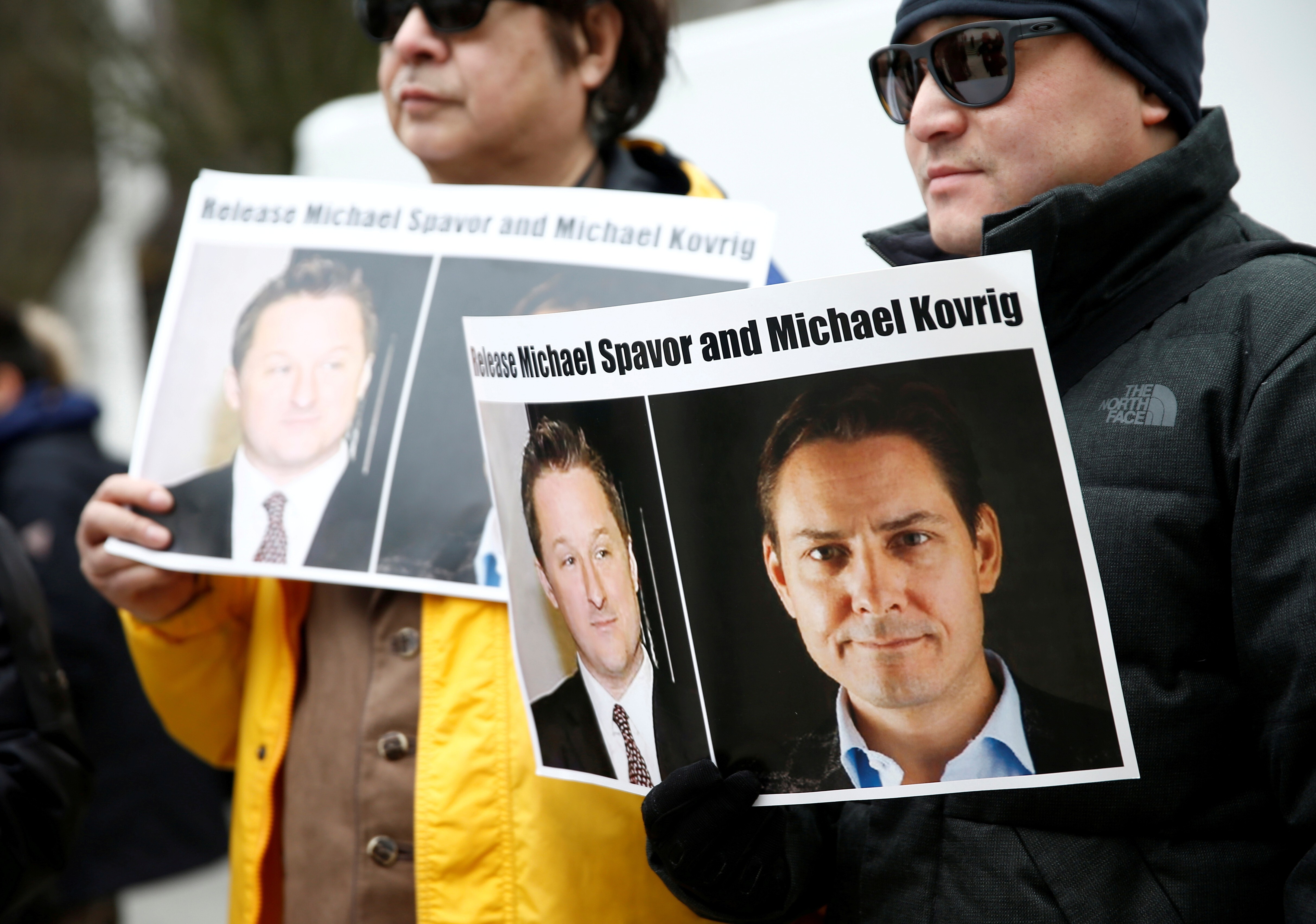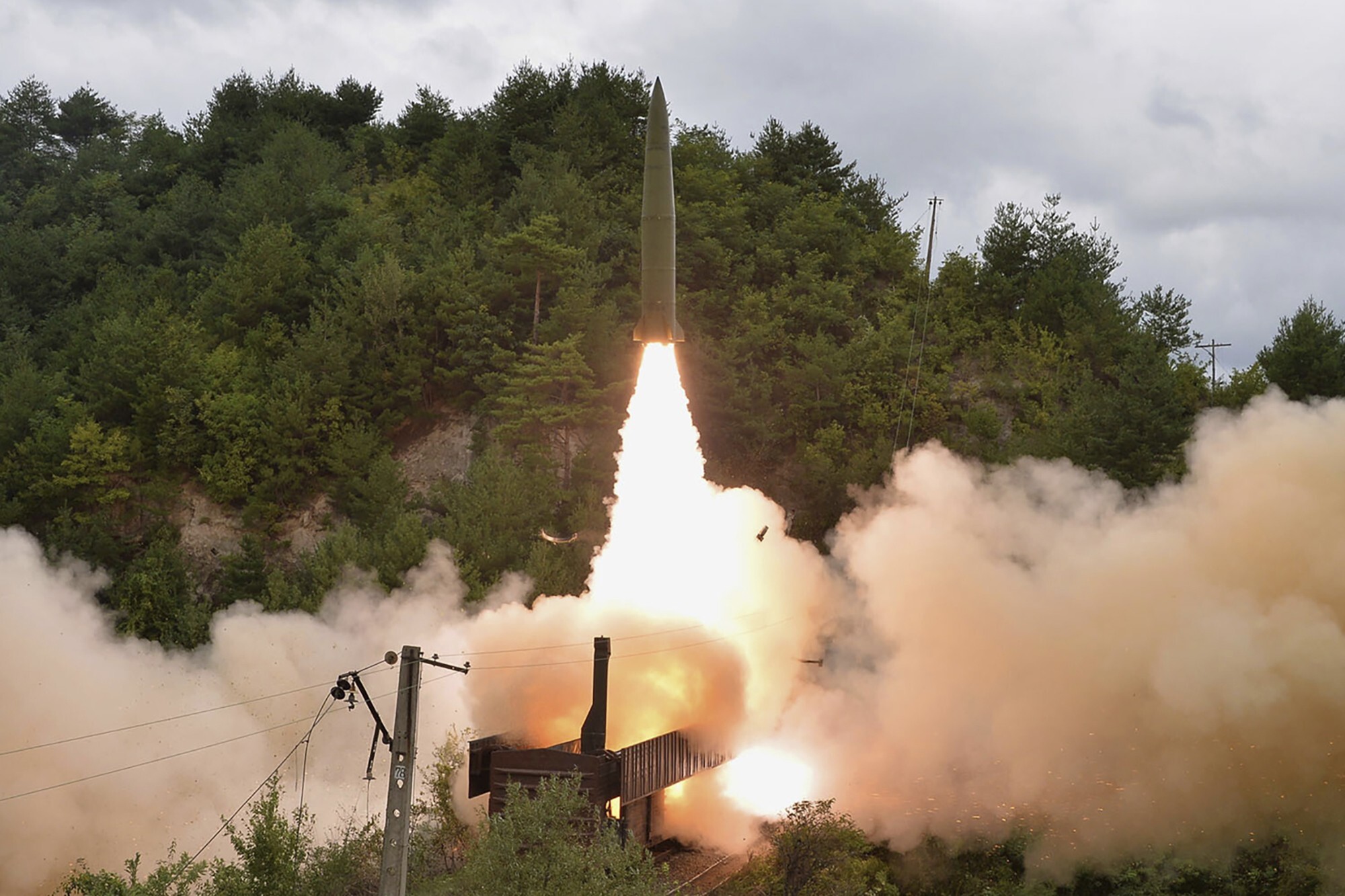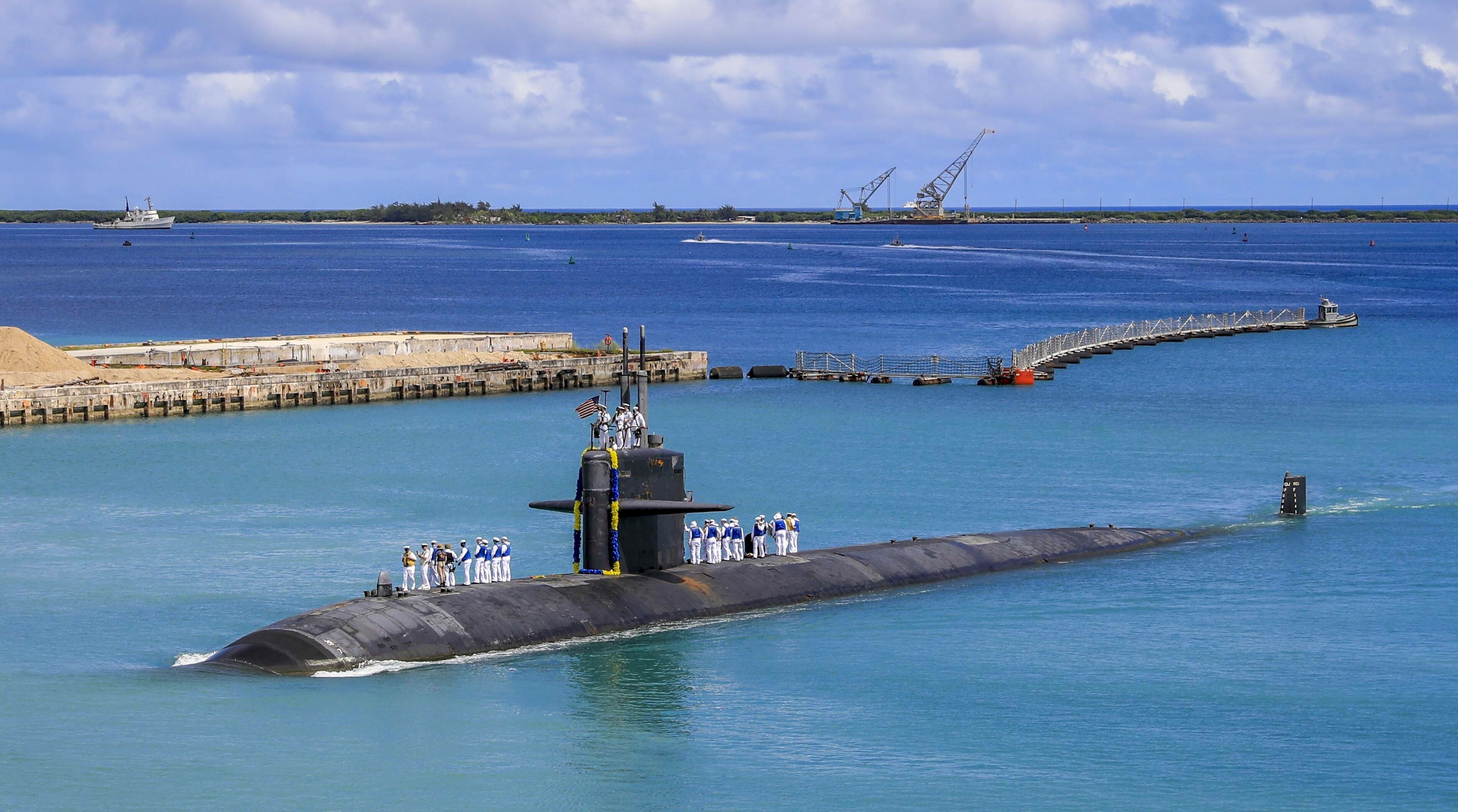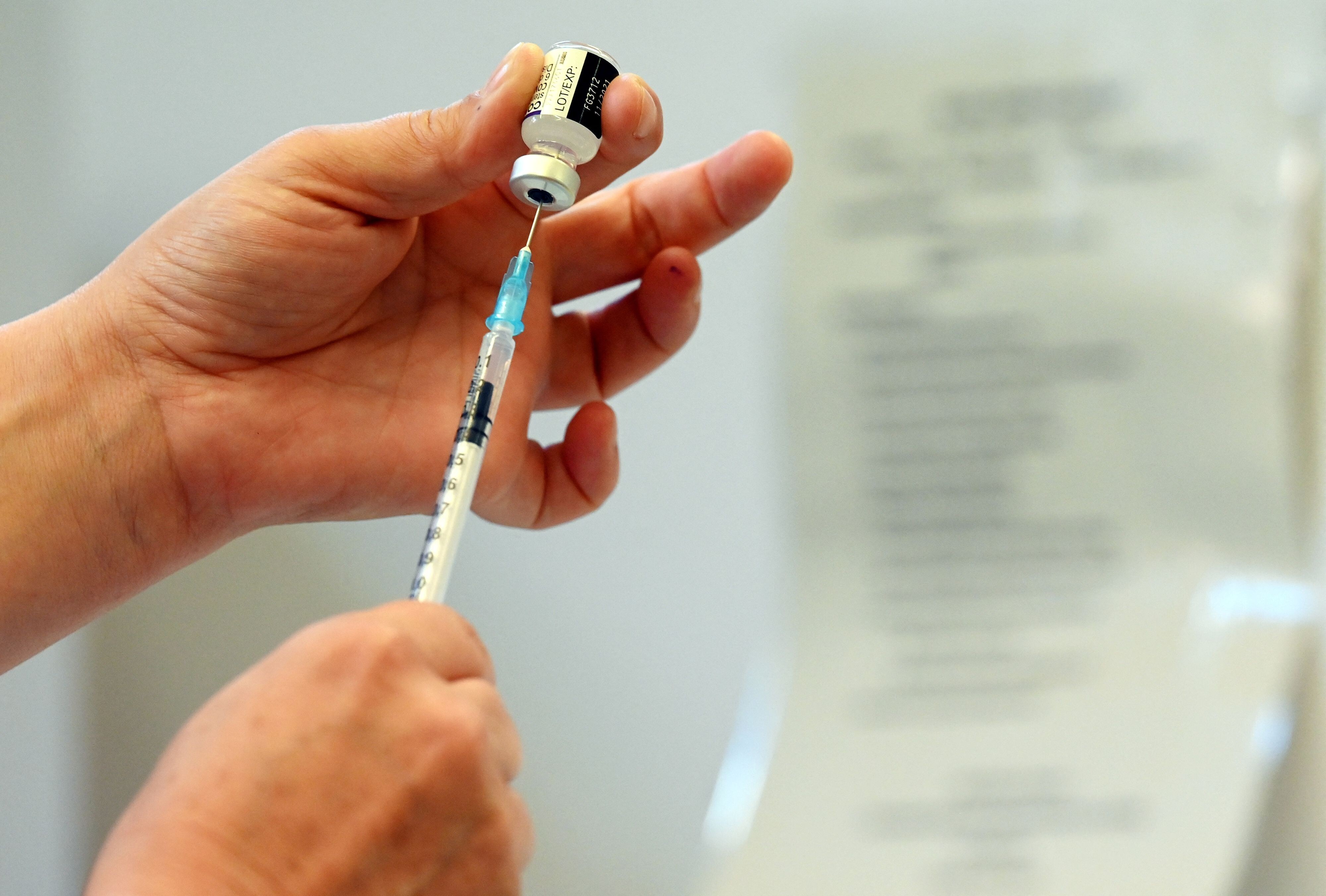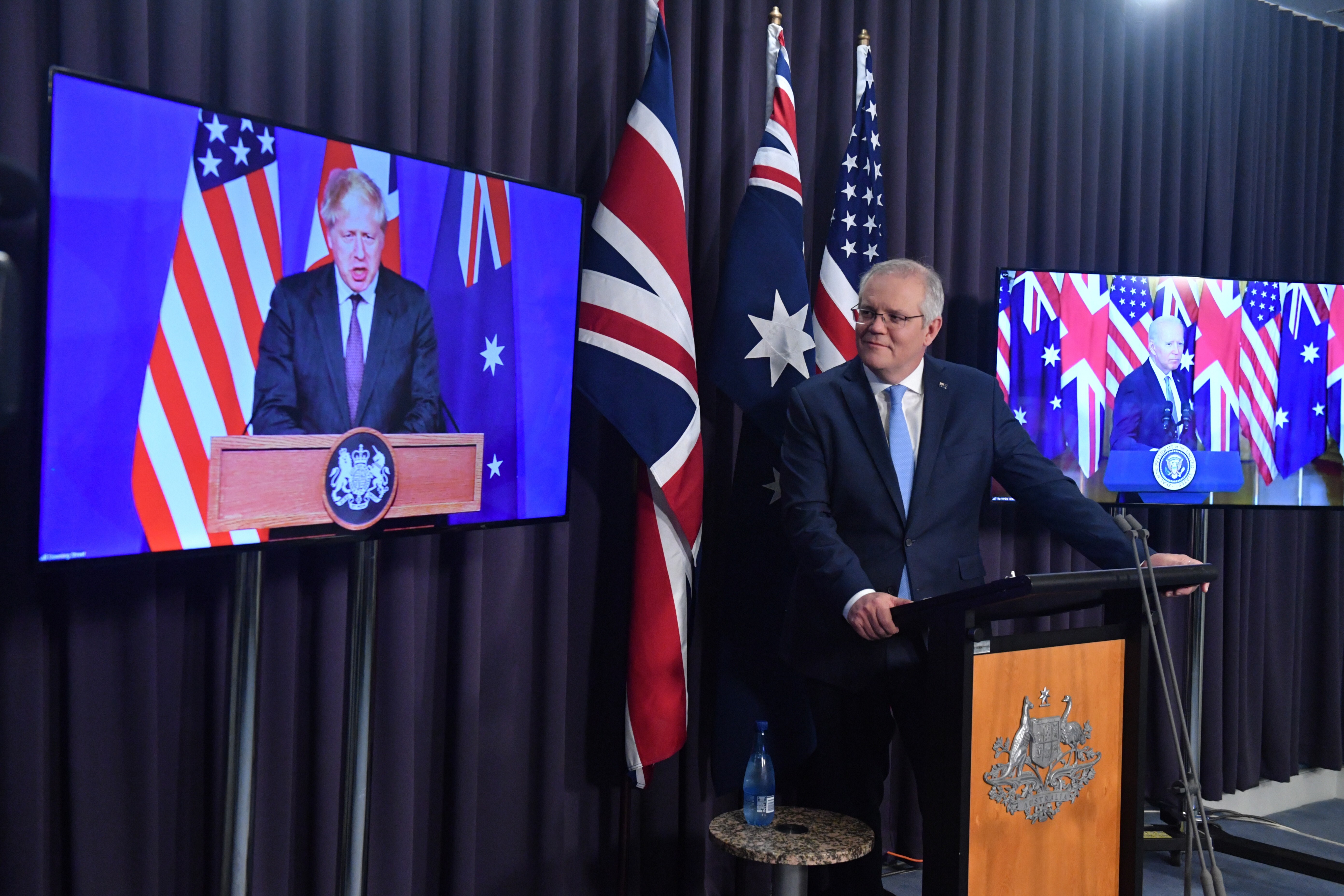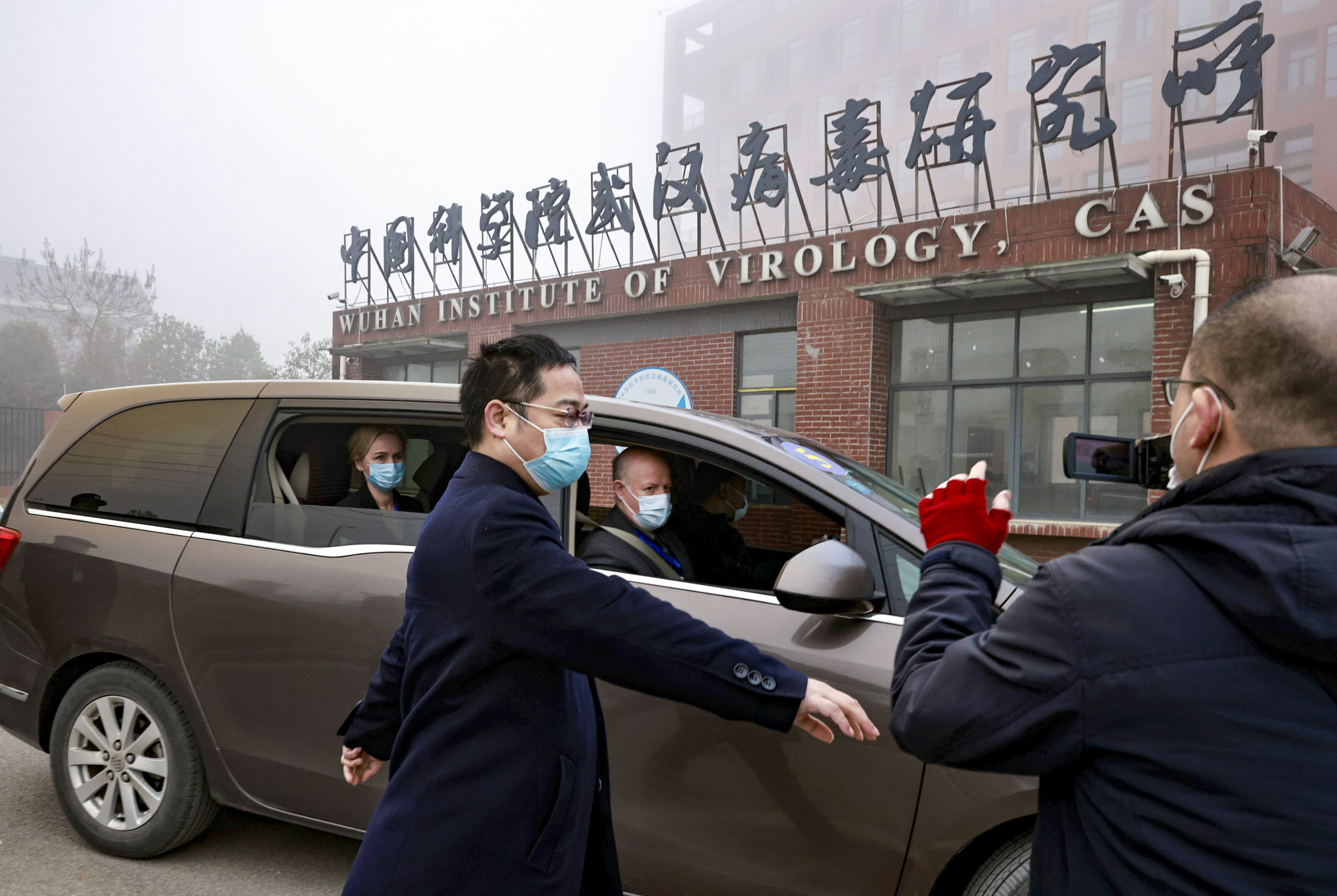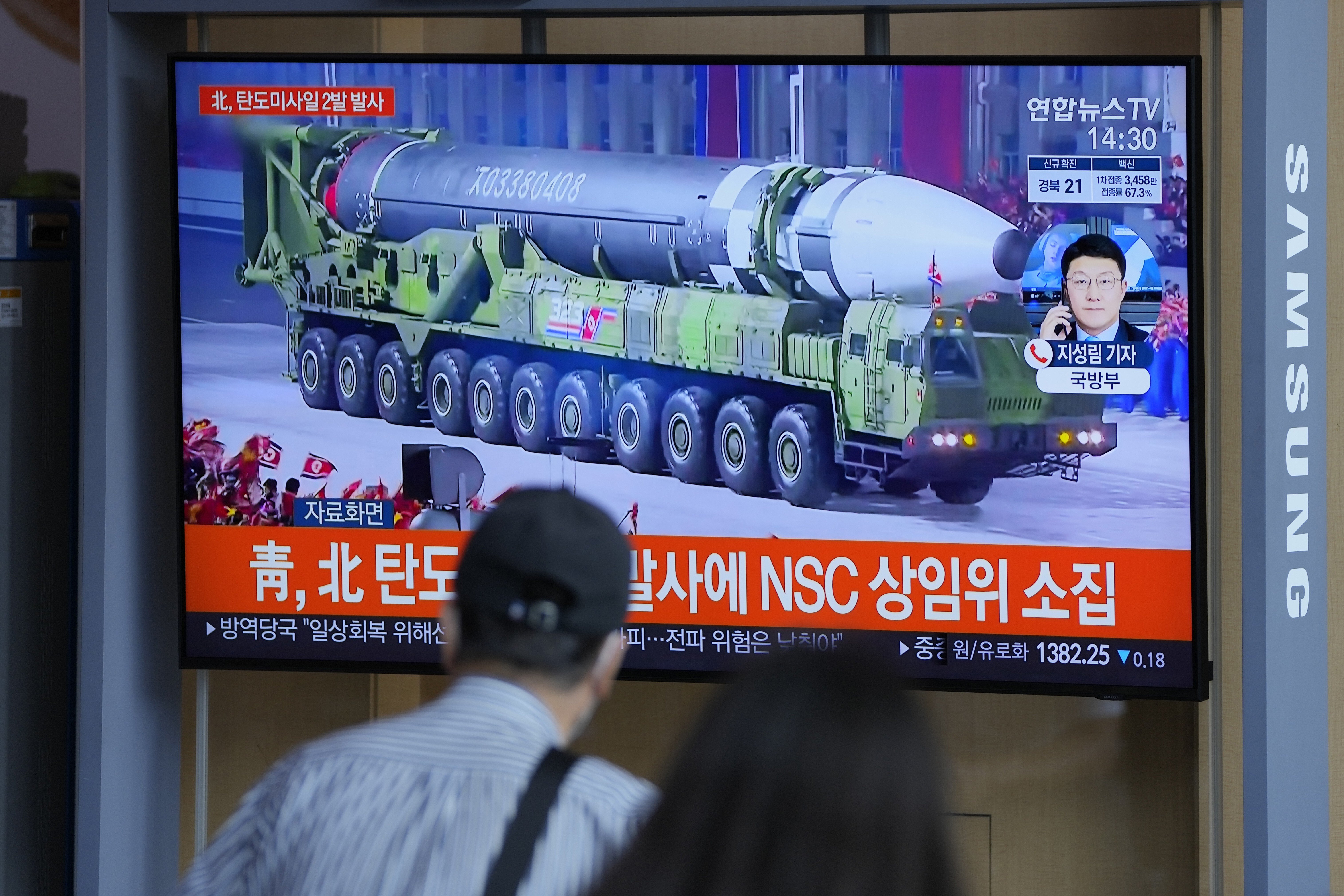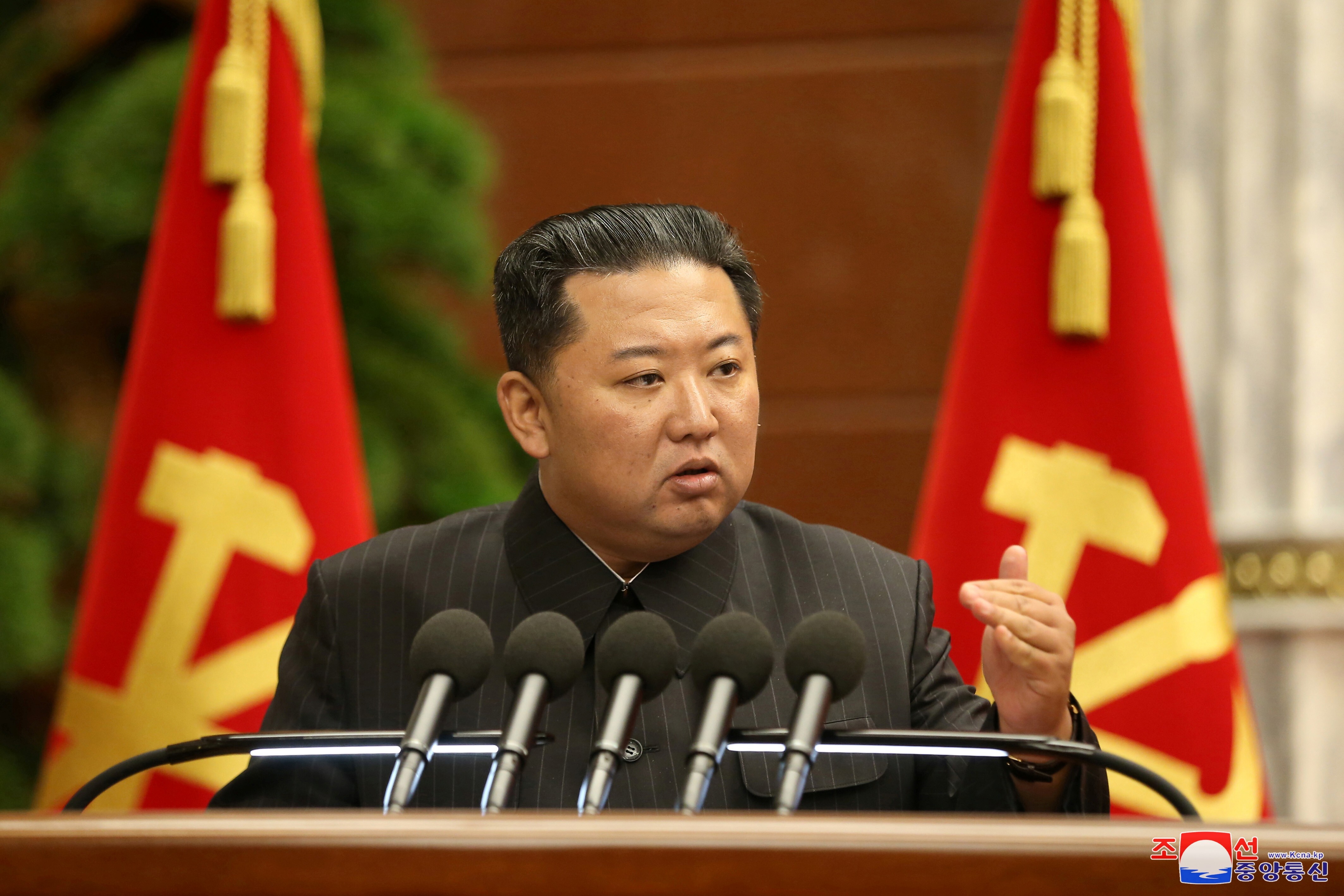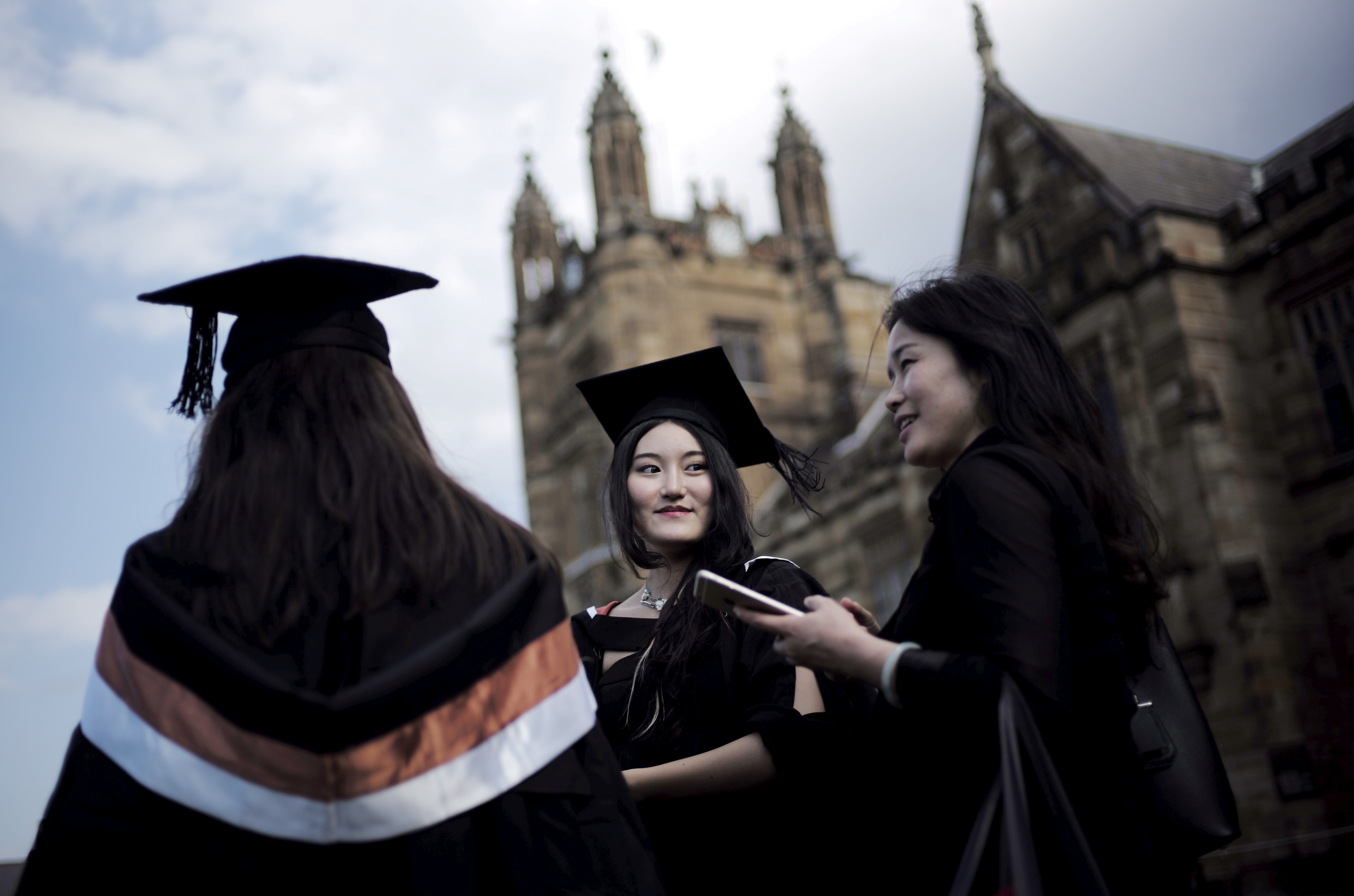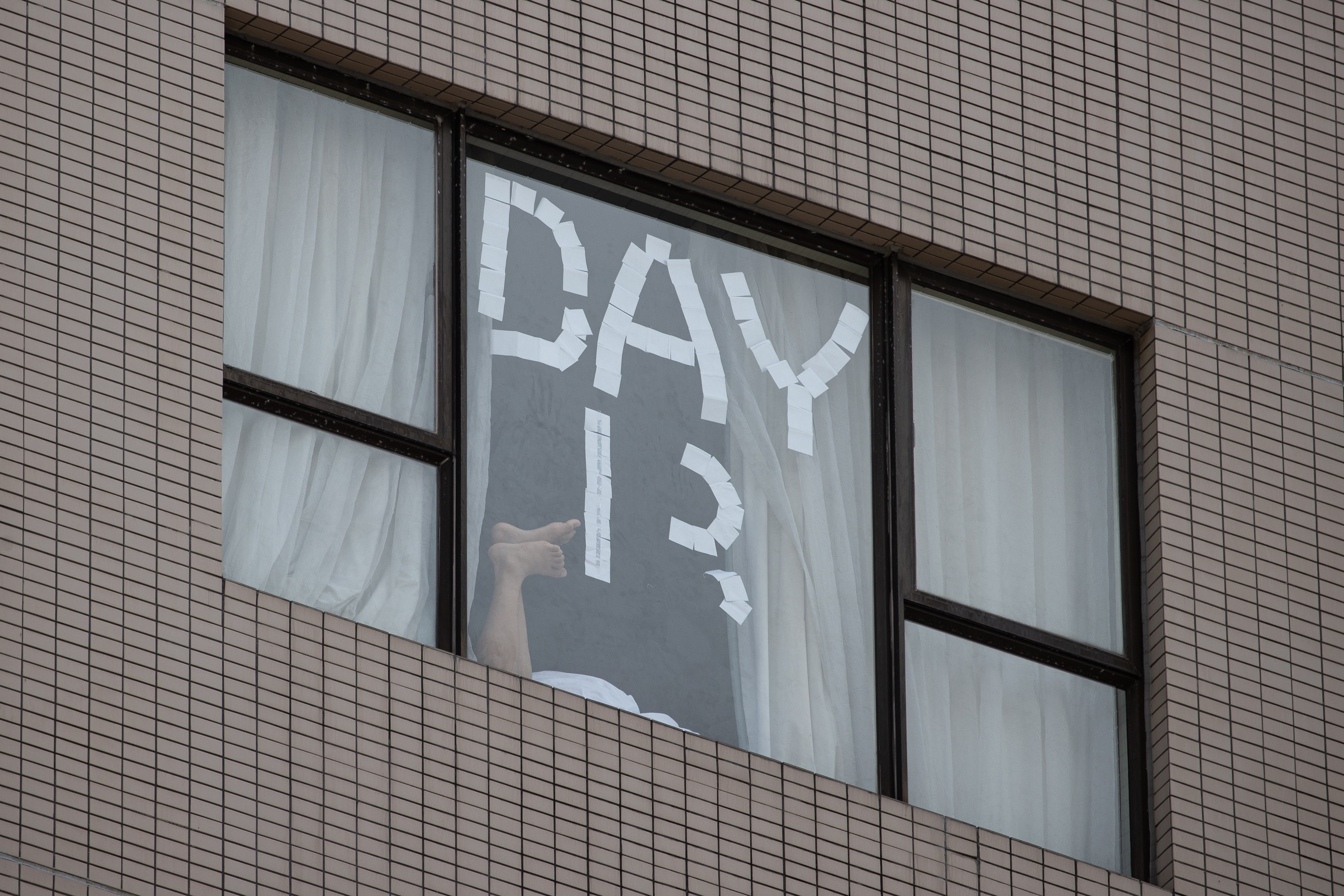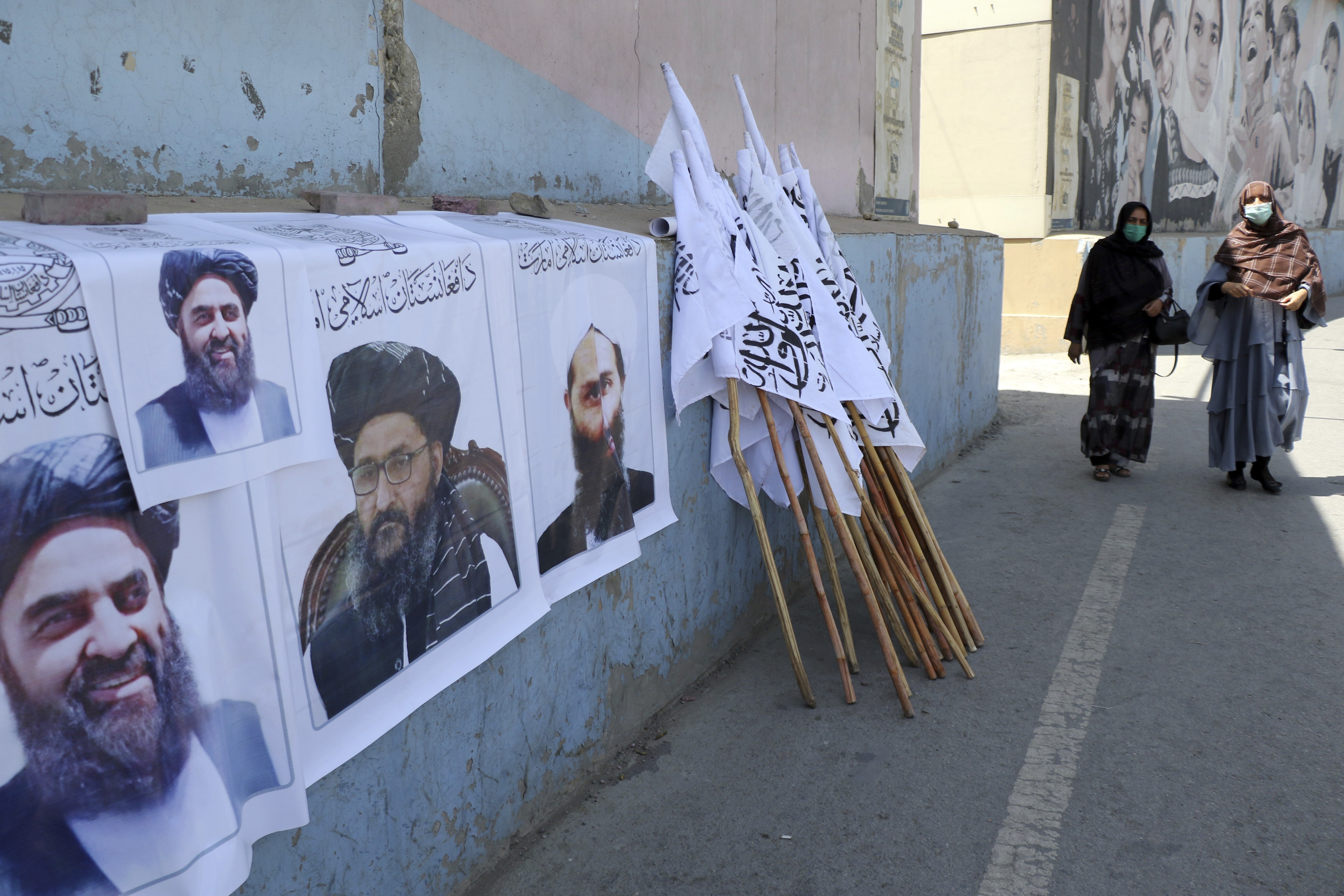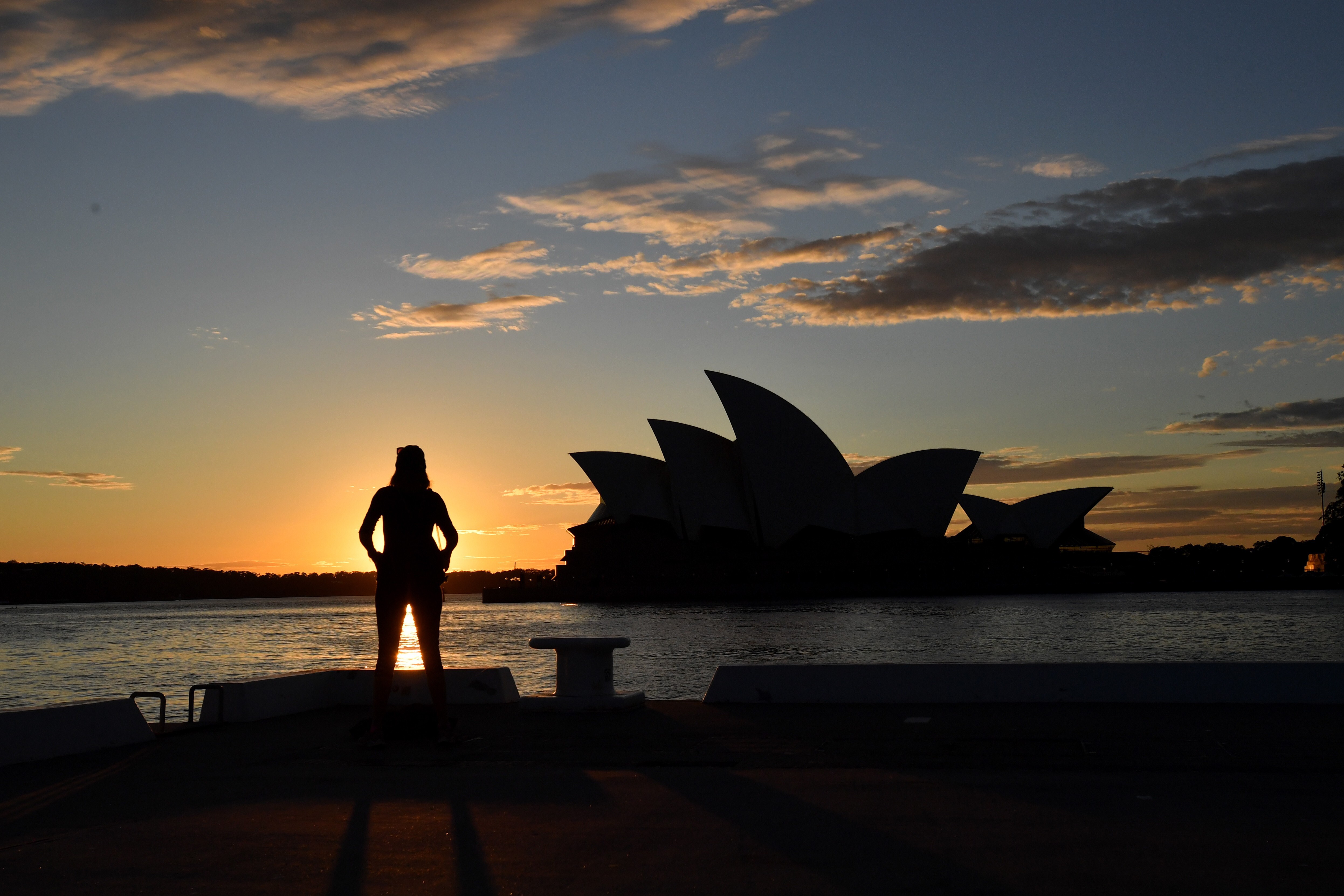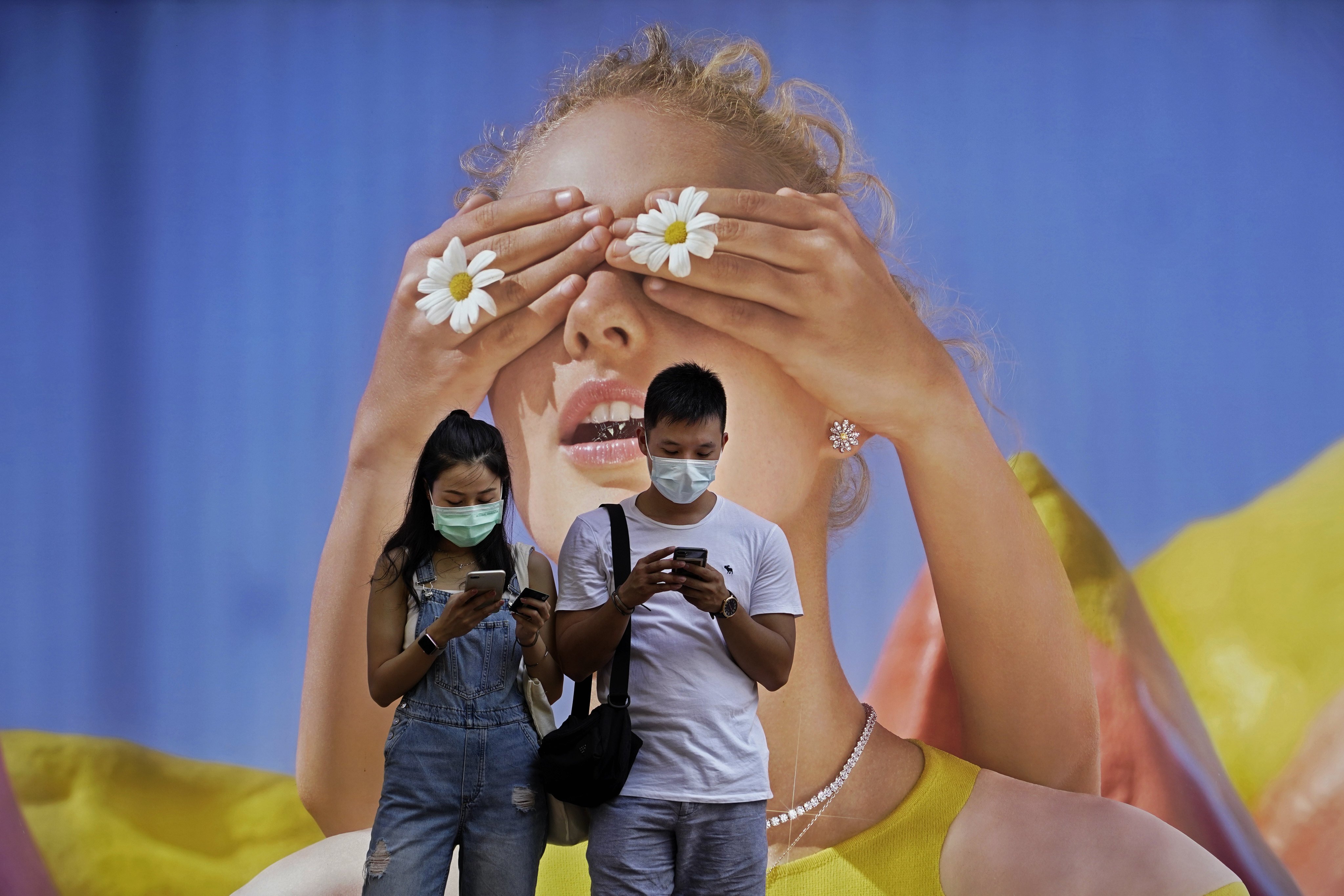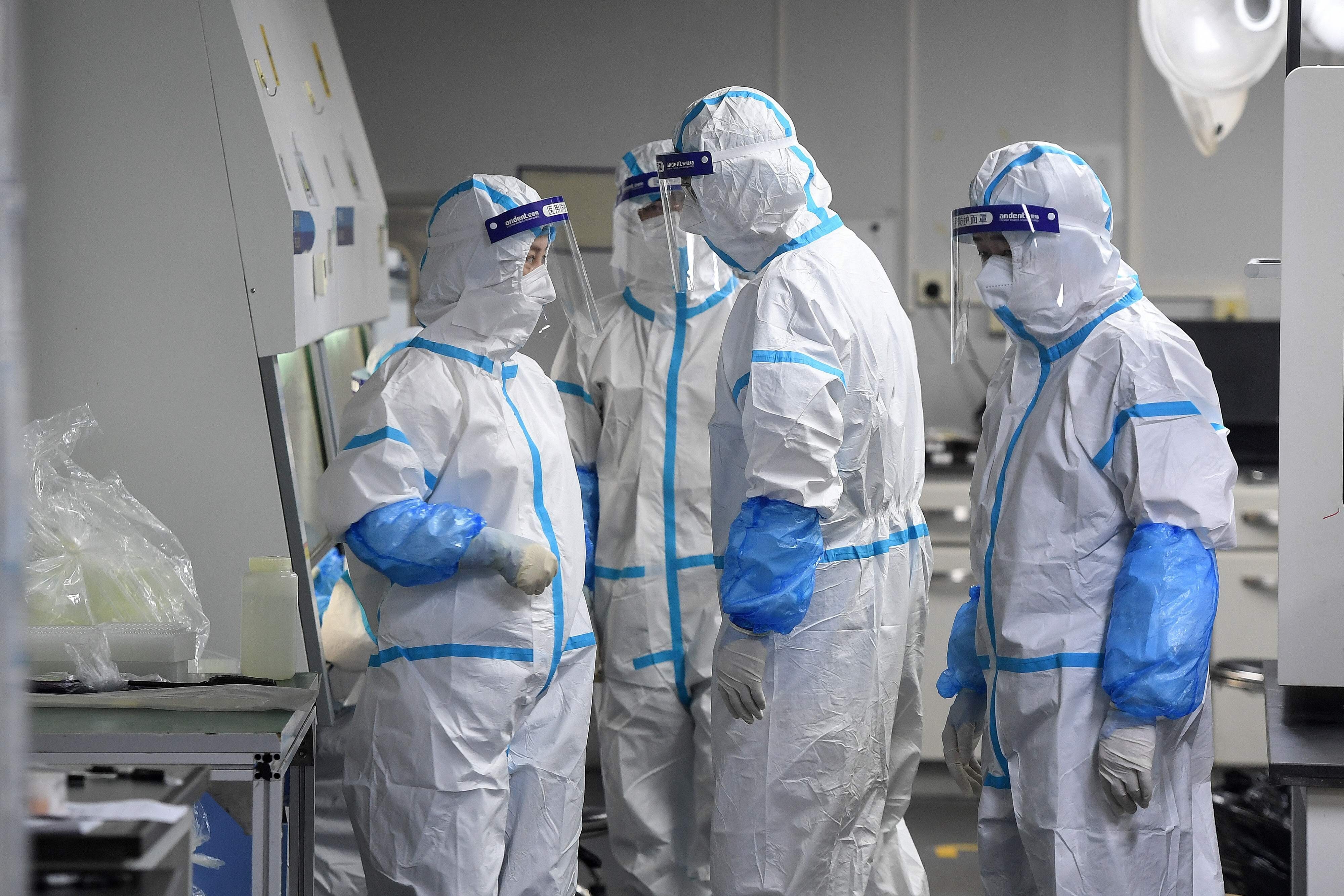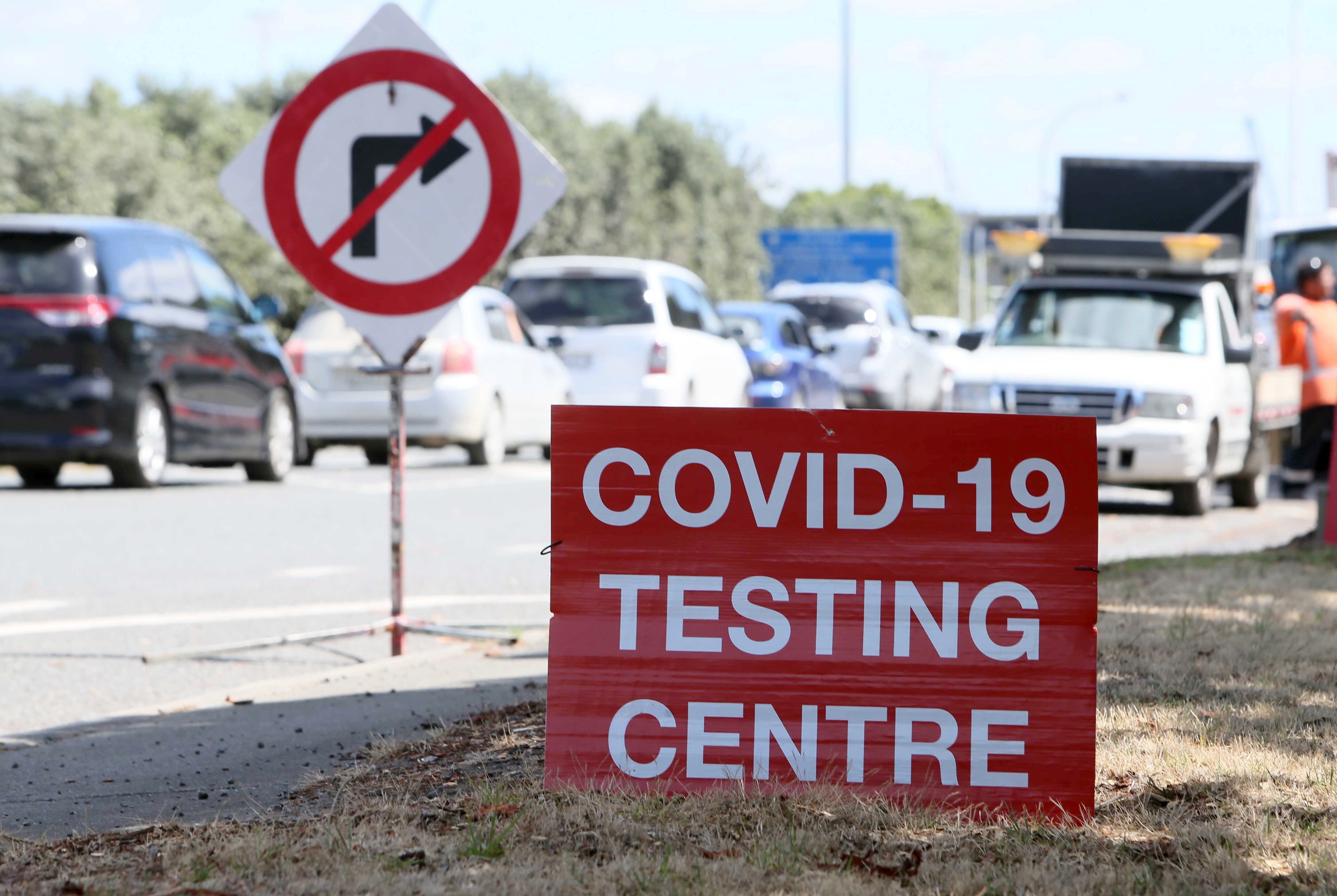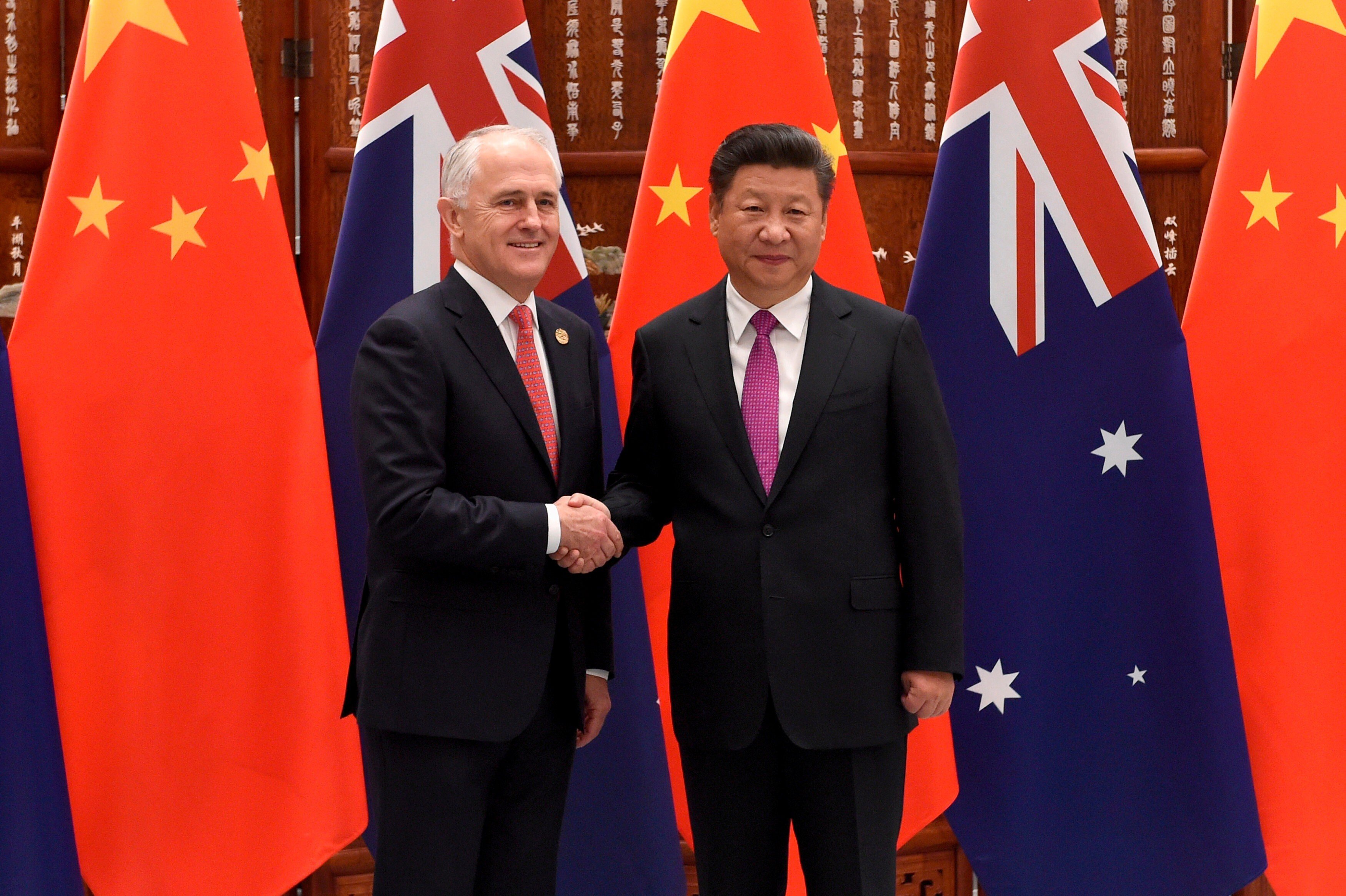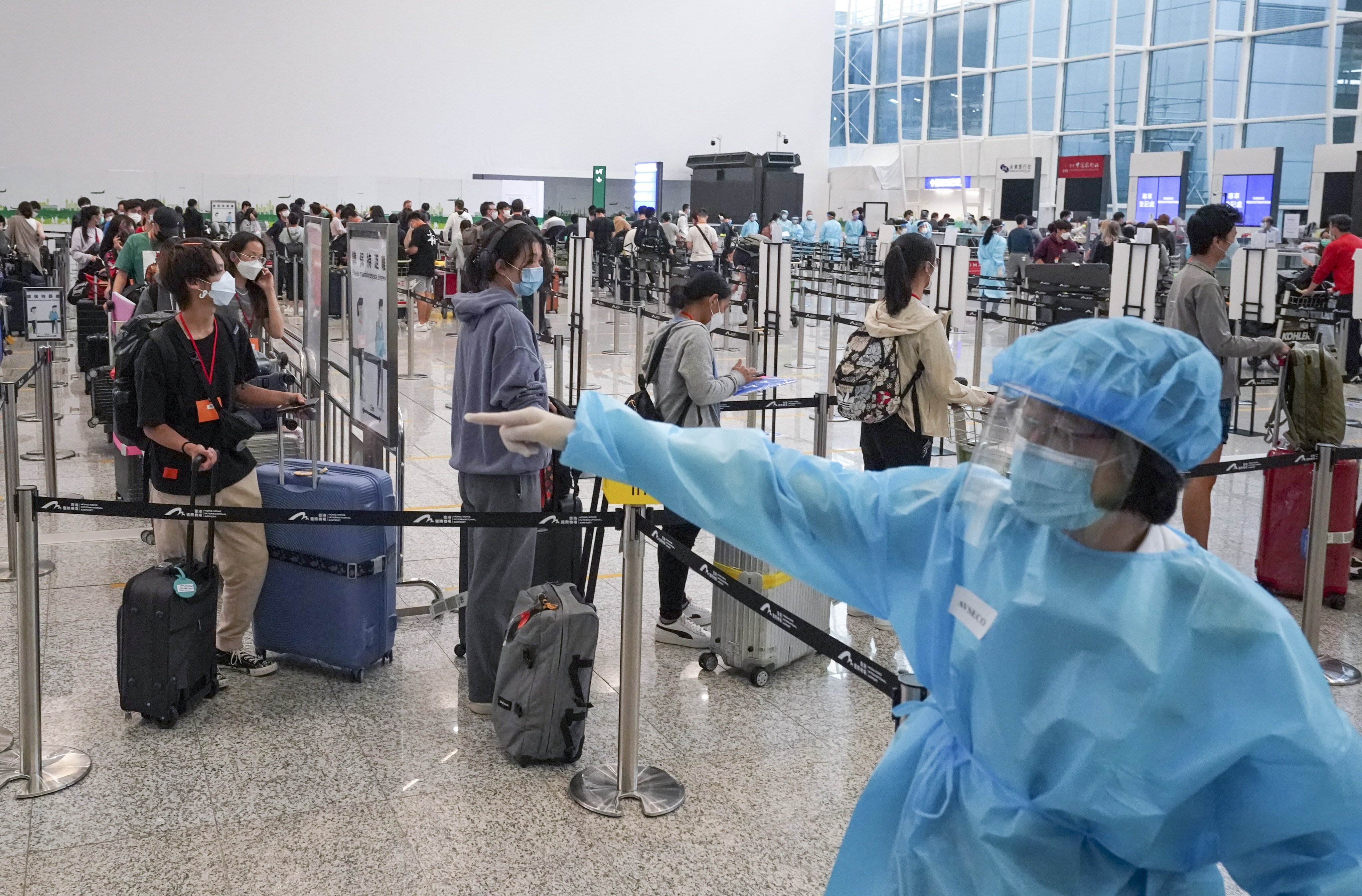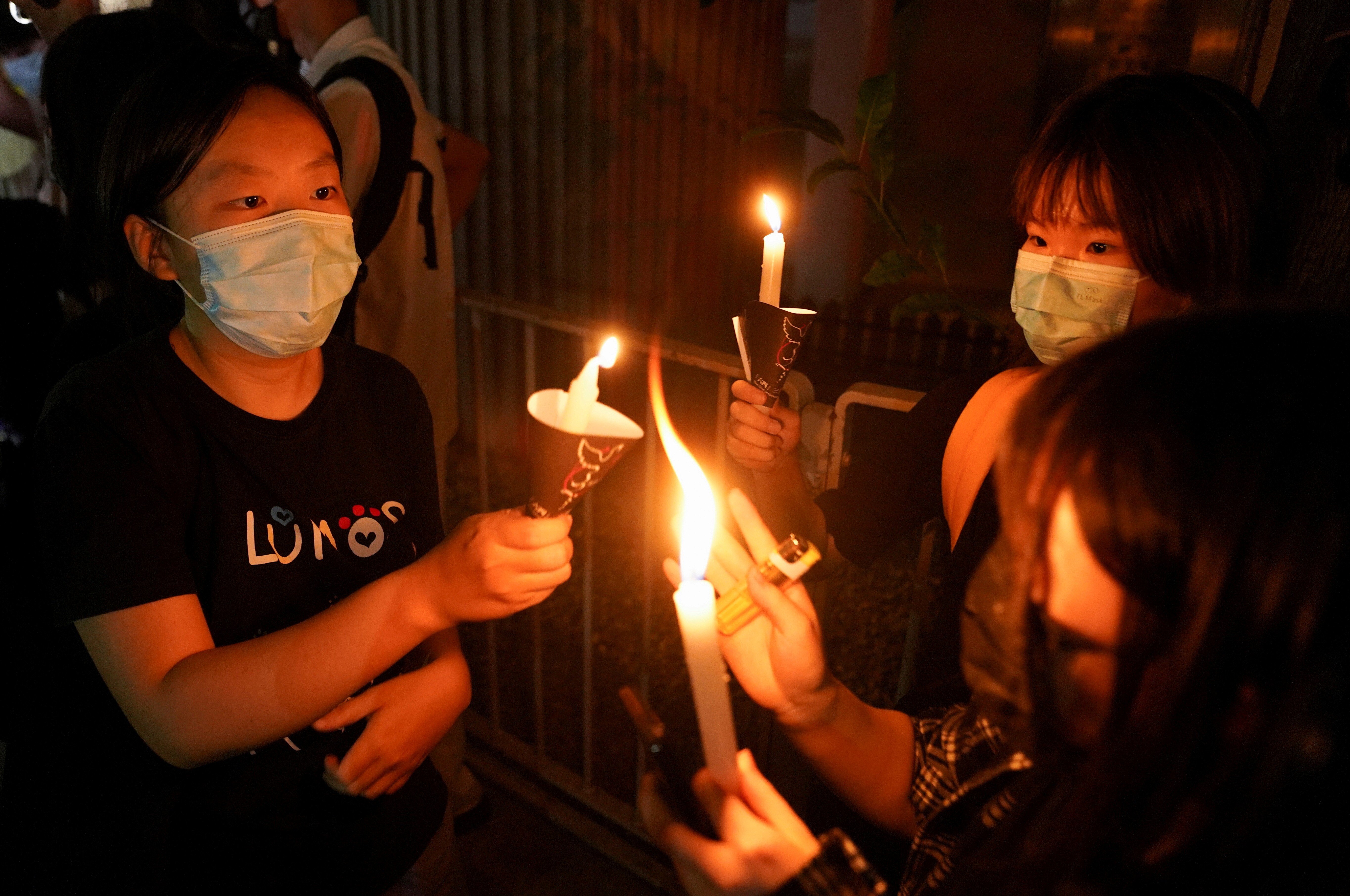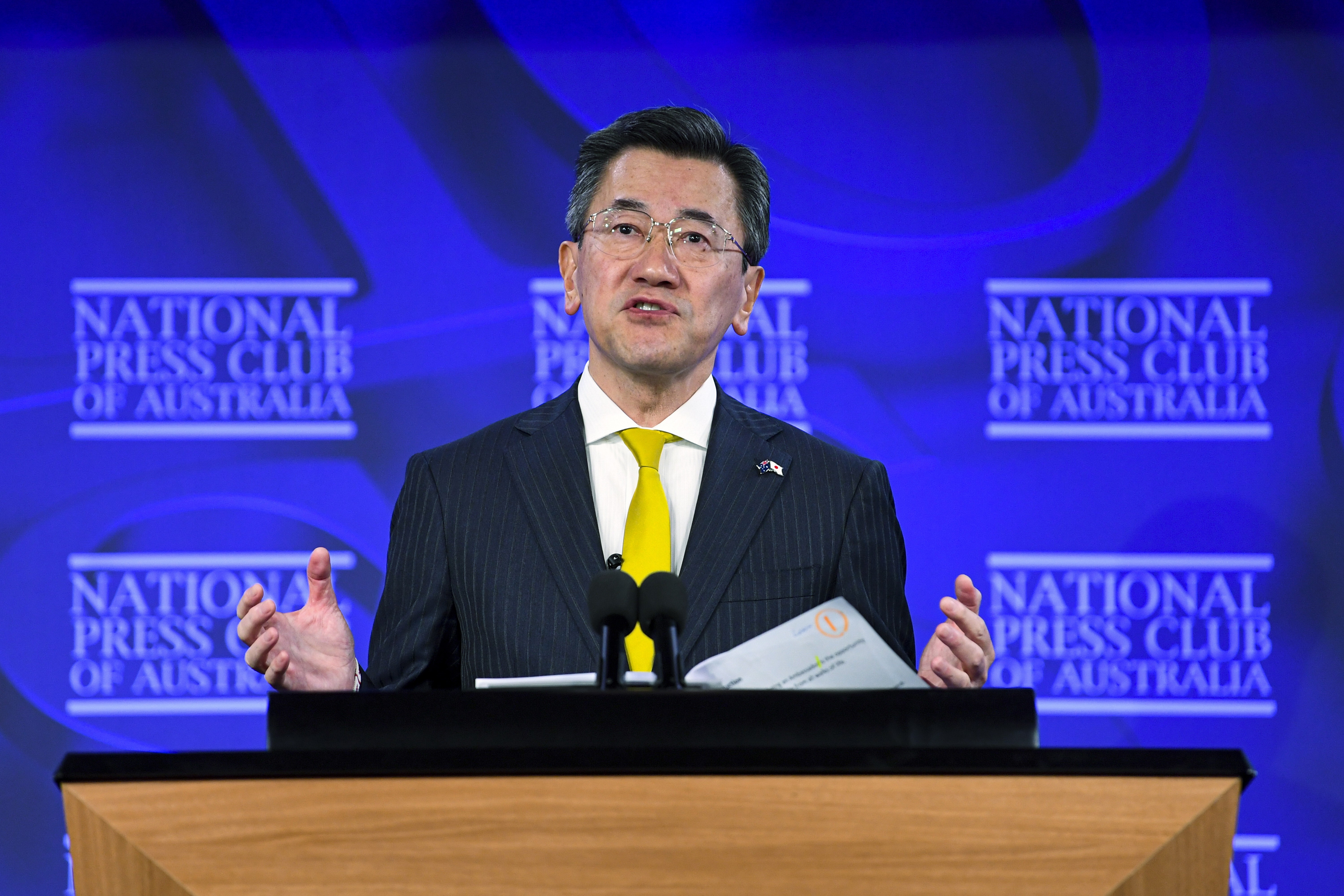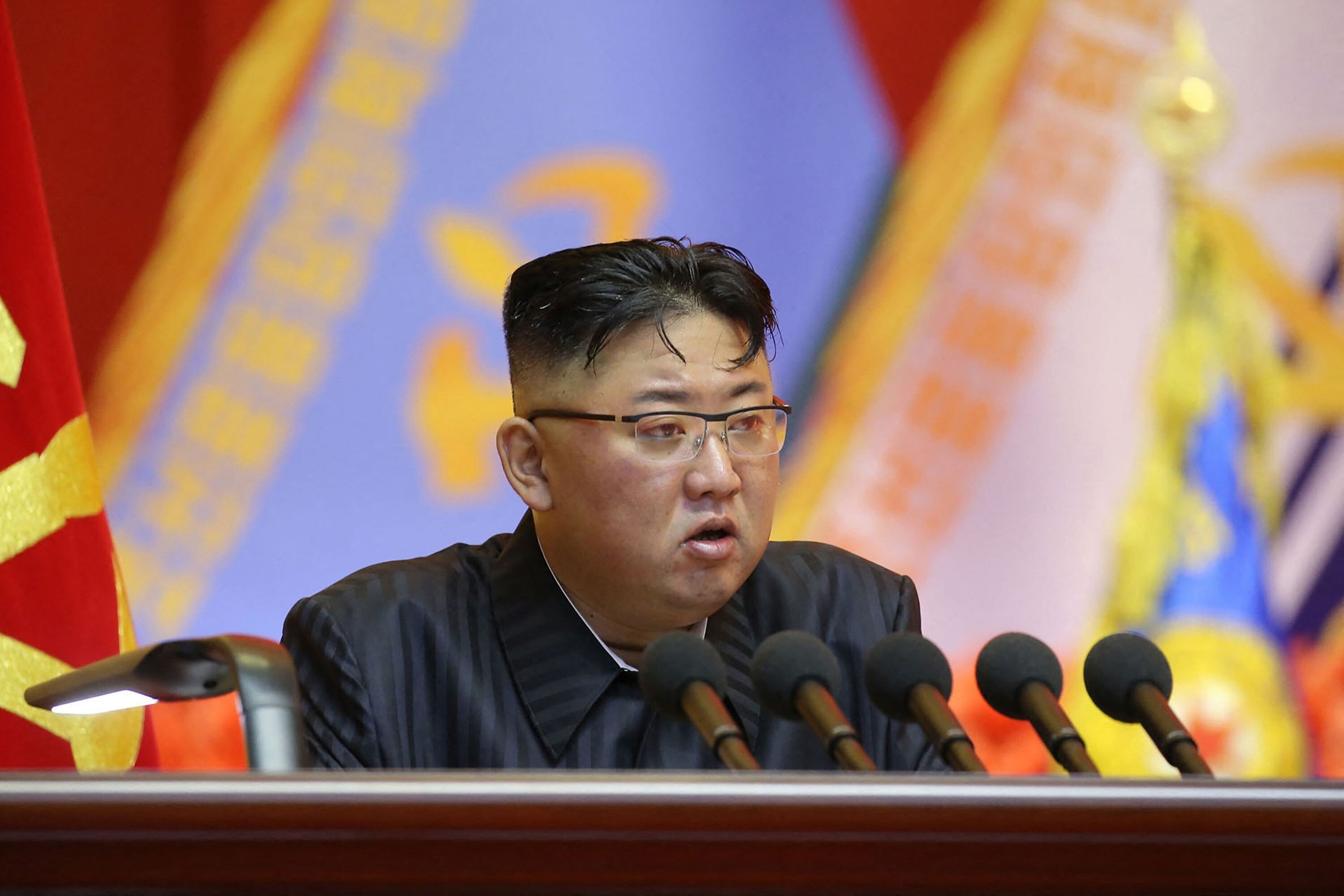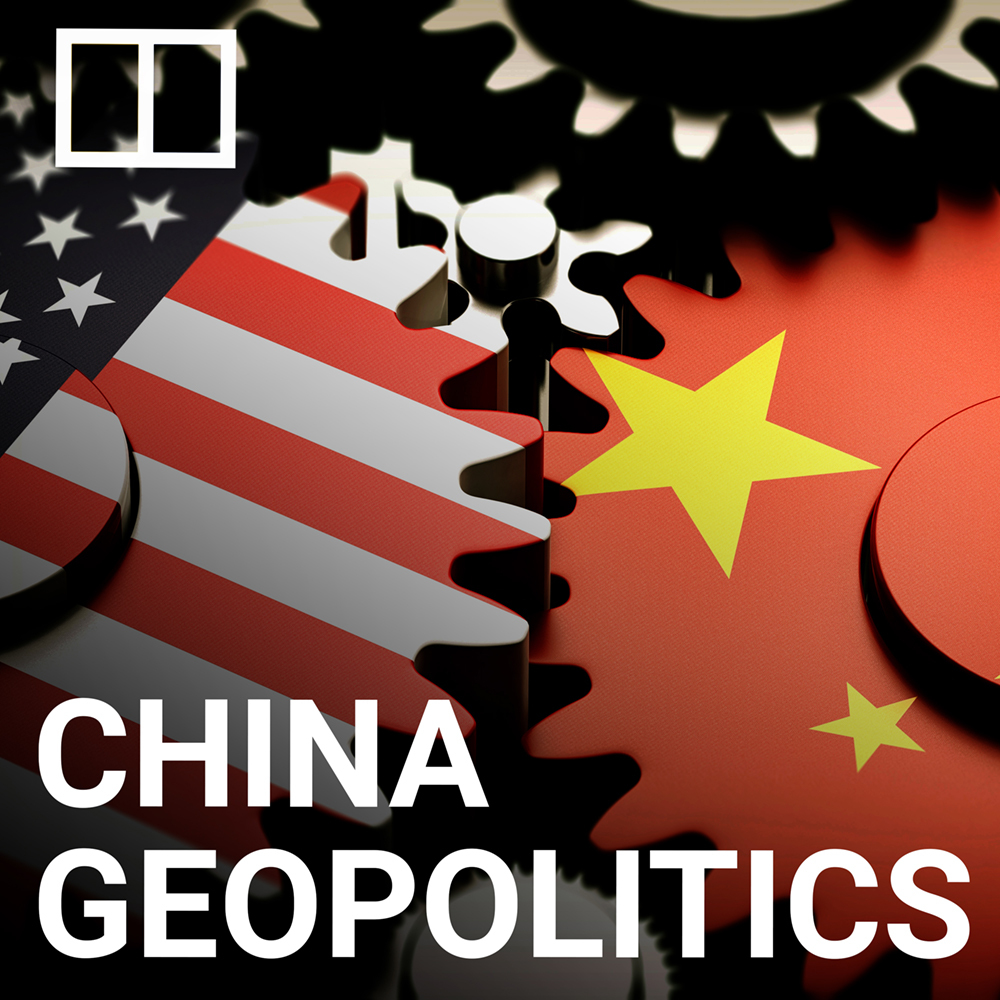Advertisement
Advertisement

John Power
Reporter, Asia
John Power was a reporter for Asia Desk and This Week in Asia from 2018-2021.
Australia is the world’s largest exporter of iron ore and coking coal, with its resources sector supporting more than 260,000 jobs.
China may be on board, but a lack of progress on denuclearisation has left the US cold. Meanwhile, the South Korean public is growing sceptical of reunification.
After 100 days of lockdown, New South Wales’ opening up will give Hong Kong, mainland China and New Zealand an insight into how to learn to live with the virus. Singapore’s experience bears lessons too.
A new report by Australia’s former consul general in Honolulu calls for greater integration with US forces under a ‘collective deterrence strategy’ aimed at China’s rise.
Advertisement
The country may be easing its border controls, but the situation for students remains unclear. While their education and mental health suffer, so too does a multibillion-dollar industry.
With promises of being able to return home for Christmas 2020 still ringing in their ears, many stranded Australians dare not hope the ordeal is over.
Vietnam and Iran are buying Cuba’s Abdala and Soberana 2 shots, while India’s Covaxin has got the nod in the Philippines.
Emails show Galveston National Laboratory scientists urged counterparts to share the virus in early 2020 to speed up vital research but hit a bureaucratic wall.
The former CEO turned international fugitive says he is done with corporate life but is still keeping a close eye on the world of business as he fights legal battles and releases his memoir to clear his name and ‘re-establish’ his legacy.
Release comes hours after Huawei executive Meng Wanzhou returns to China.
Chung Eui-yong and his American counterpart Antony Blinken spoke amid a renewed focus on the North’s nuclear capabilities, and as the South Korean president repeated his calls to formally end the 1950-53 conflict.
Aukus deal sparks unease among Pacific Island nations, amid growing China-US rivalry
Statistically, societies may have to accept more Covid-19 deaths than those caused by the flu to move beyond the likes of lockdowns and border closures – and health experts say the time for this conversation is nigh.
The AUKUS agreement is seen as giving teeth to existing accords that critics previously said did not reflect the changing balance of power in the region.
EcoHealth Alliance, which has been studying how coronaviruses from animals could affect humans, is facing scrutiny amid efforts to determine the source of Covid-19.
The missile launches this week highlight that beyond sanctions and censure, there are limited options to break up its nuclear arms programme.
North Korea requested that the shots be redirected to countries experiencing surges, with Kim Jong-un touting ‘our style’ of pandemic control.
‘Reds under the bed’ tone is overkill that could, ironically, lead to more self-censorship by Chinese students as well as fuel anti-Asian prejudice, academics say.
Returning resident who fell ill on second day of quarantine had to wait nearly two full days for treatment, despite suffering from what doctors thought was a potentially fatal condition.
South Korea has offered permanent resettlement to 391 Afghans evacuated from Kabul, but Afghans already in the country worry they’ll be asked to leave, as immigration remains a fraught issue.
The highly contagious variant is pushing the limits of lockdowns and border controls in the region, and fuelling doubt over bids to stamp out Covid-19.
As Delta spreads and hopes for herd immunity fade, economies taking a zero-tolerance approach face mounting questions over whether they can ever exit their bubble.
Past pandemics offer potential scenarios for Covid-19’s trajectory, but scientists are divided on the threat posed by emerging variants.
New Zealand, which has no Delta variant cases in the community, will speed up its vaccination roll out and eventually allow vaccinated travellers from low-risk places to enter the country without doing quarantine.
The former Australian prime ministers also blamed hawkish government ministers and conservative media for inflaming tensions with Beijing.
Critics say zero-Covid economies have become enthralled to a small subset of experts and ignoring fields such as ethics. Perhaps it’s time to listen to the philosophers.
The reforms, expected to be adopted before the end of the year, will allow Canberra to punish individuals or entities for gross human rights violations or corruption.
The Japanese embassy says it has ‘no idea’ about the claims by its Chinese counterpart, while an analyst says Beijing has to ‘do better’ to stymie growing ties between Tokyo and Canberra.
Three times this year, the hermit kingdom’s supreme leader has indicated his country is in trouble. For a rogue state whose ‘default disposition is bombast and bragging’ such admissions are worrisome, say observers.

